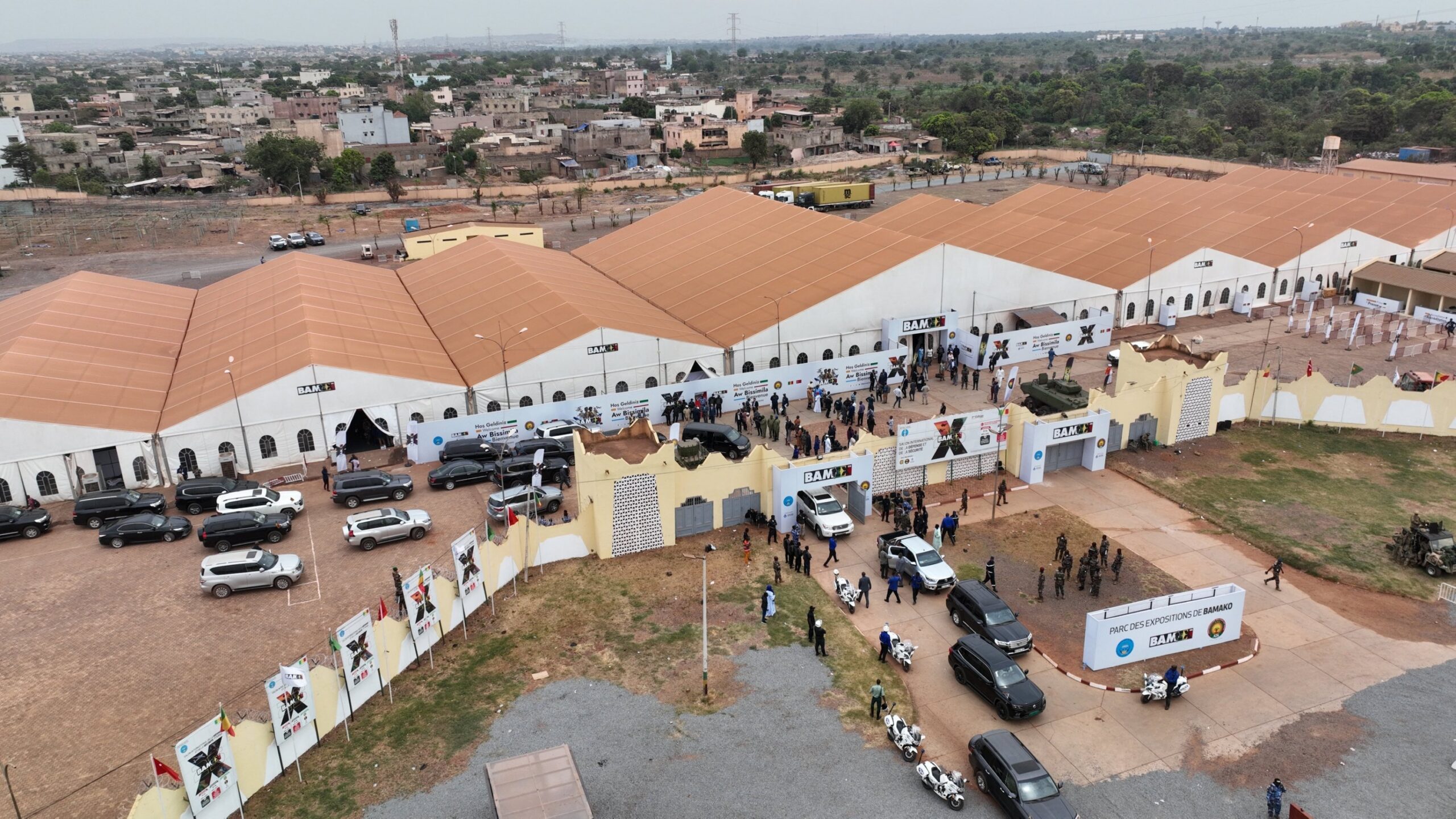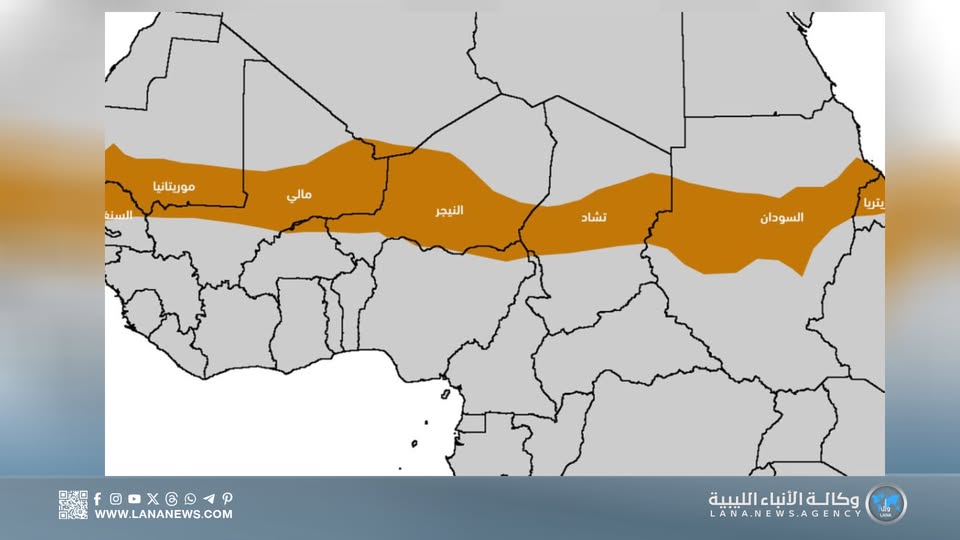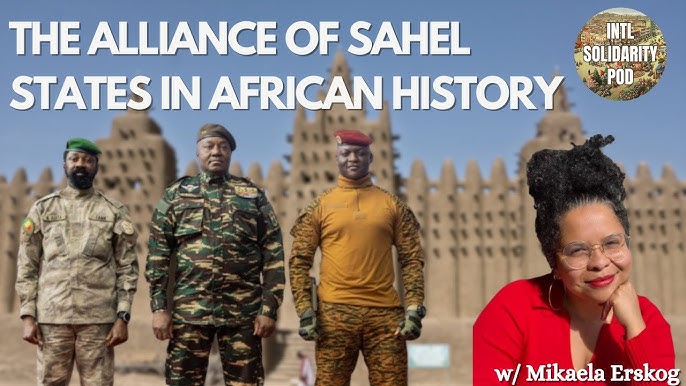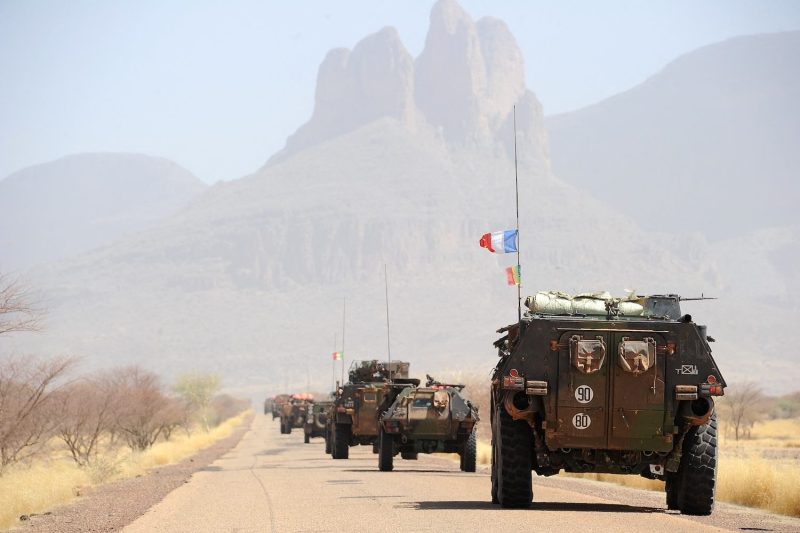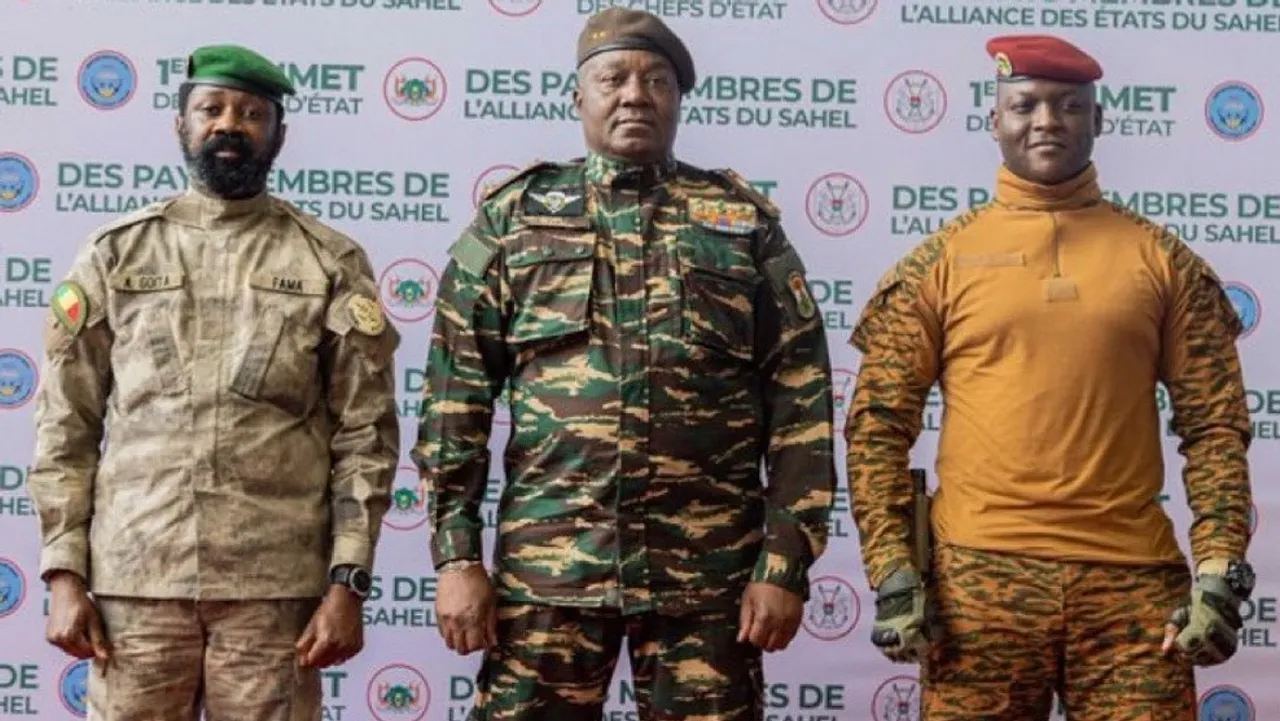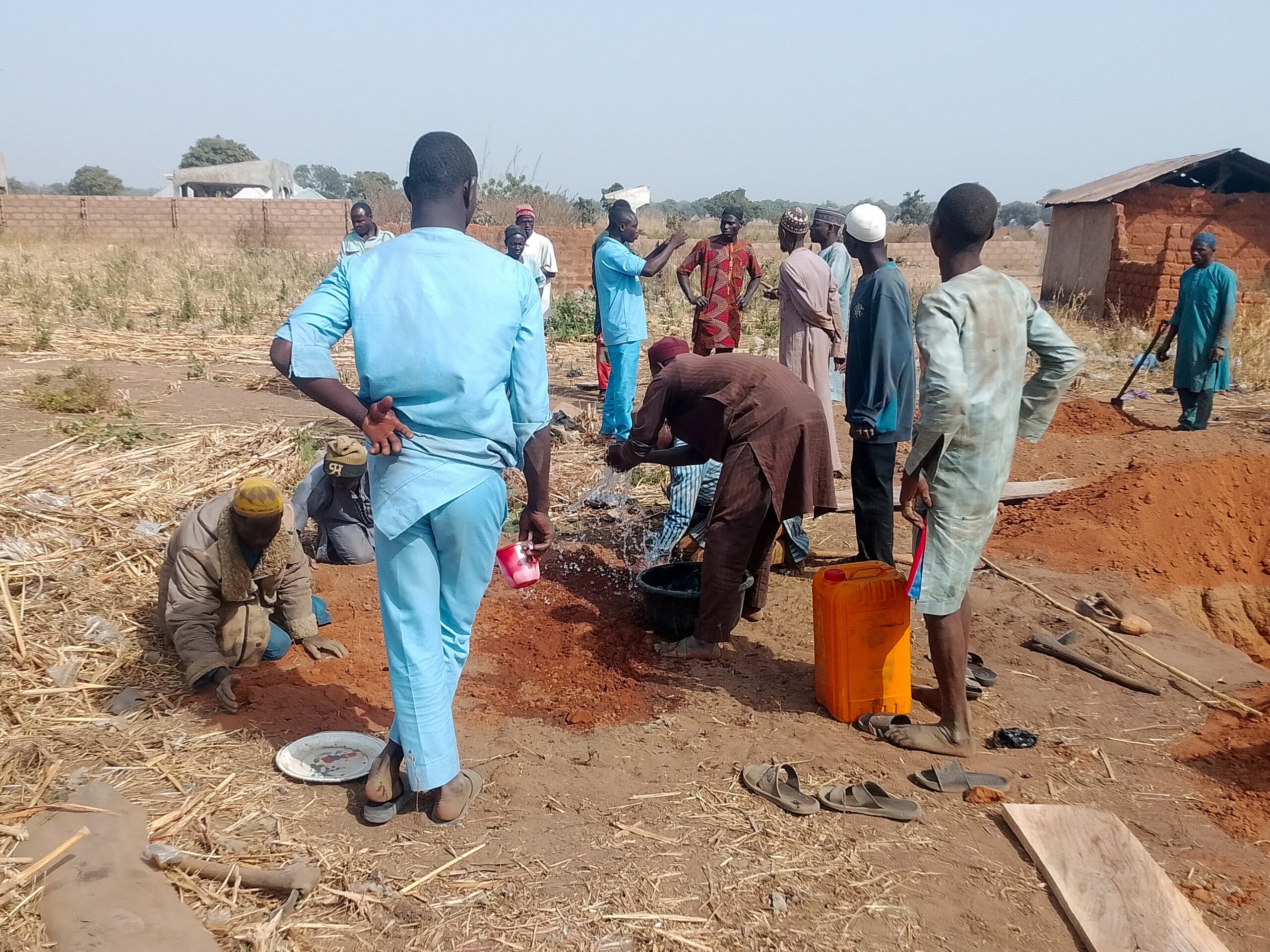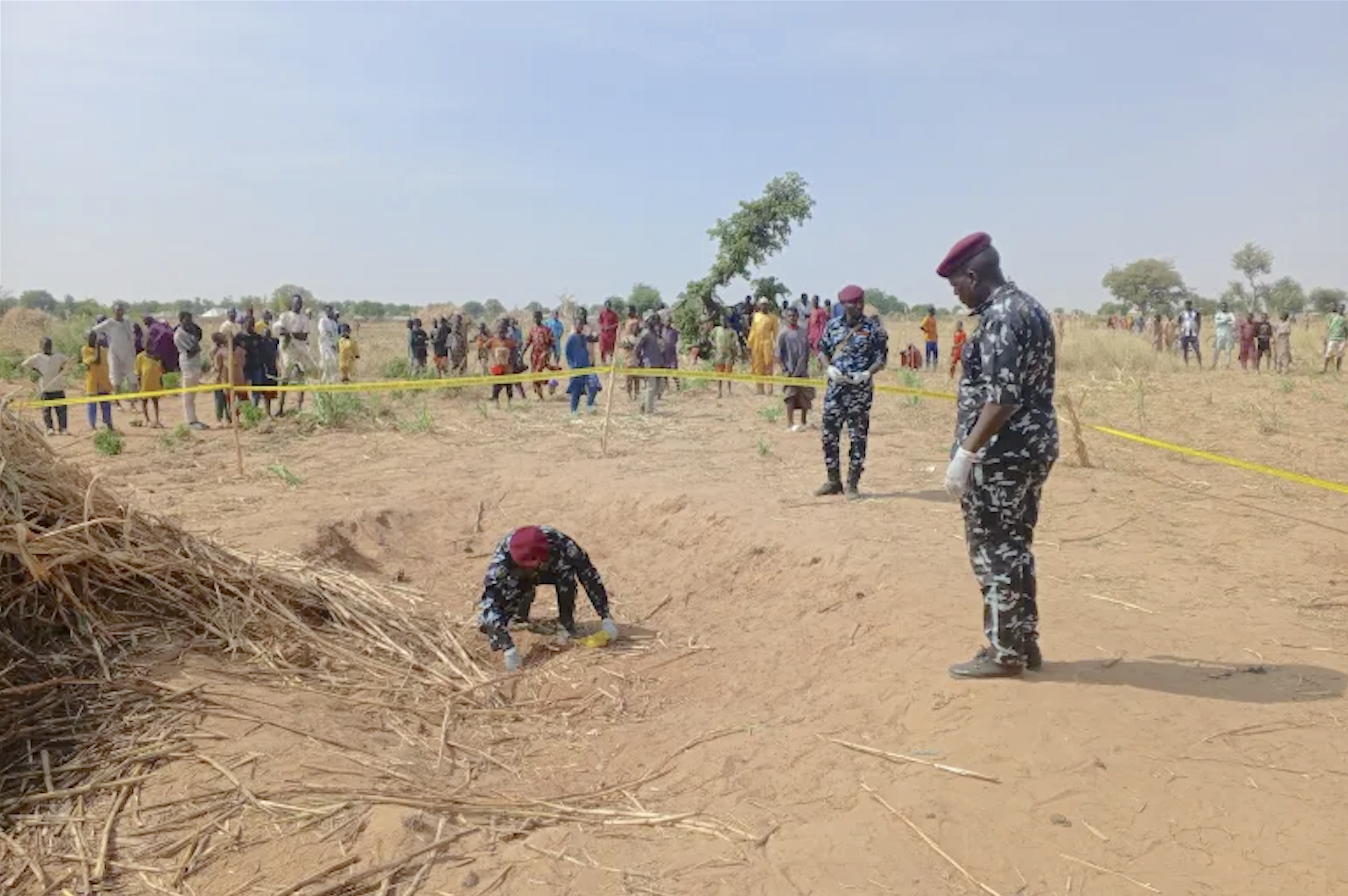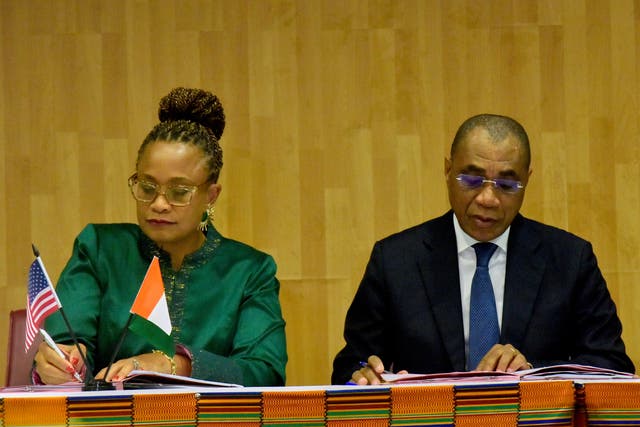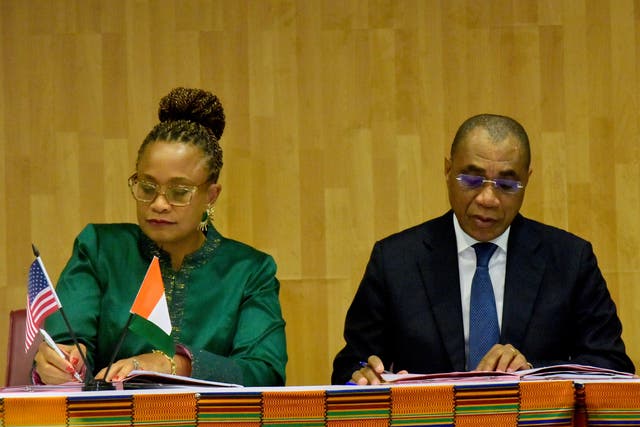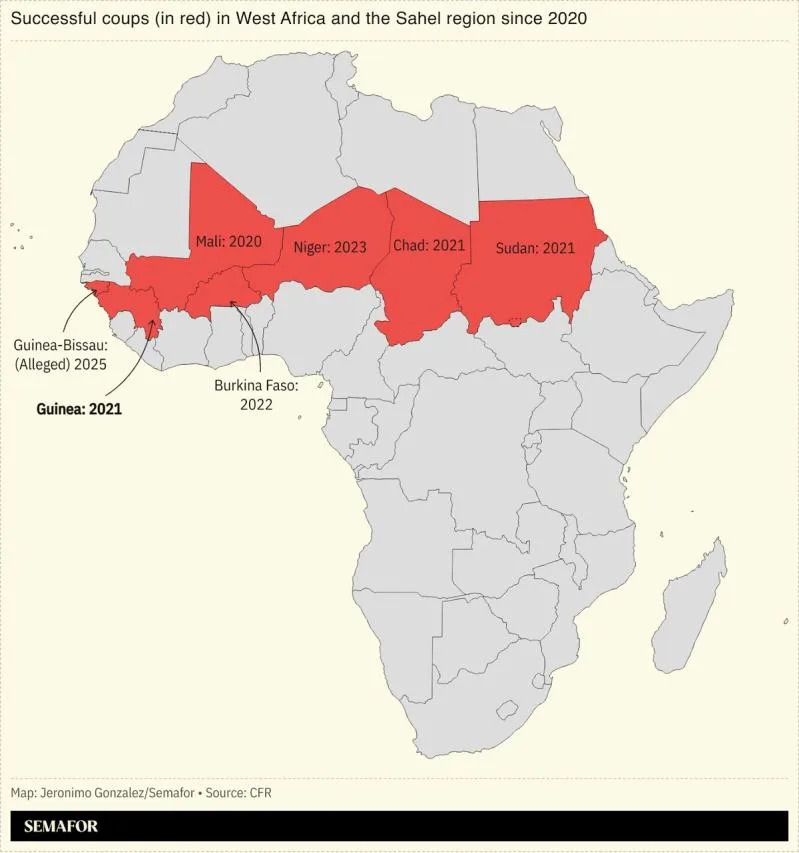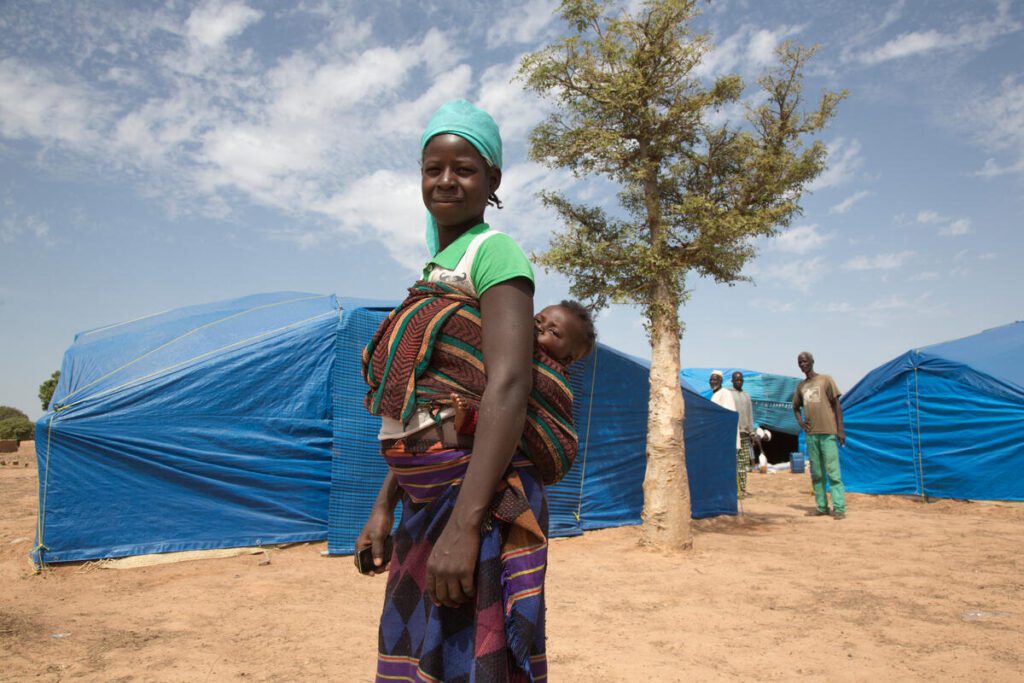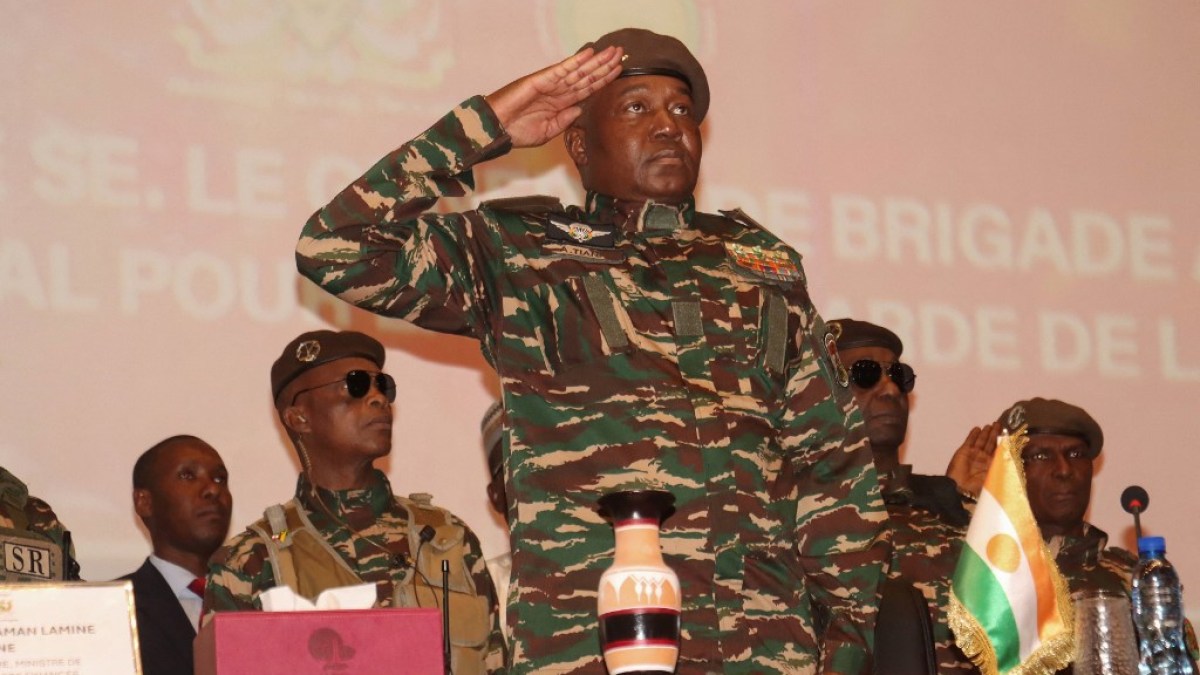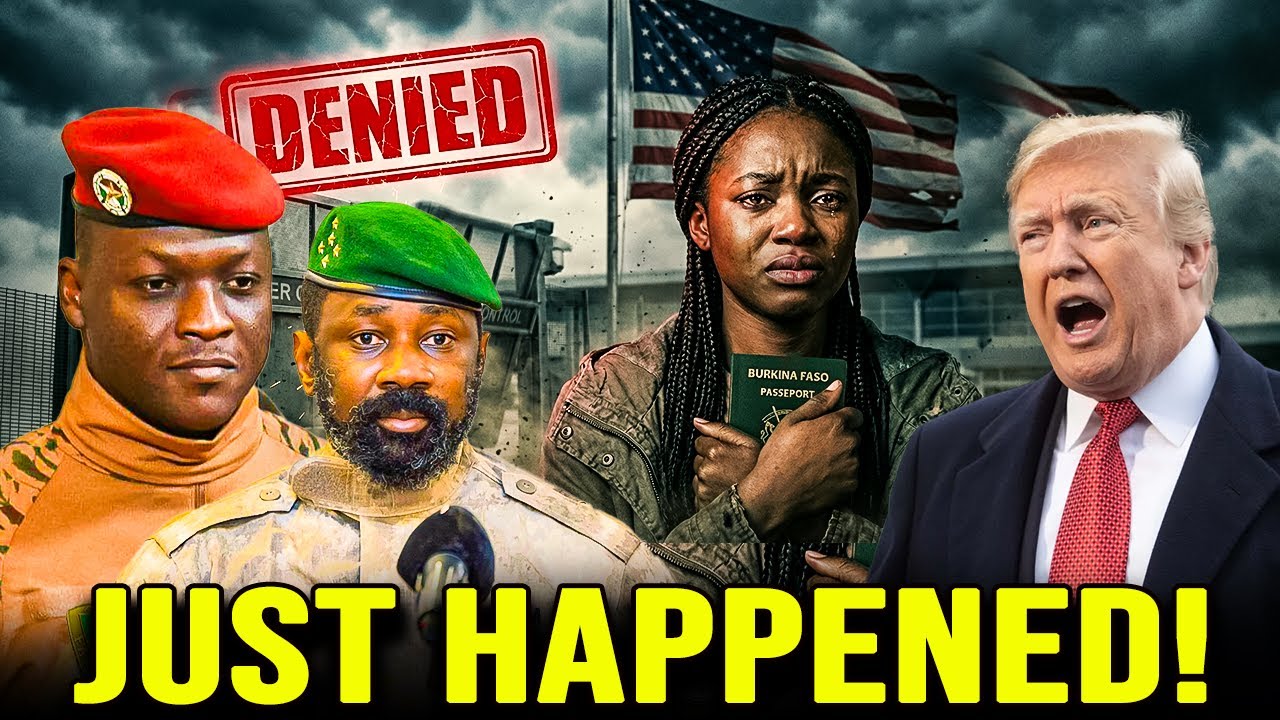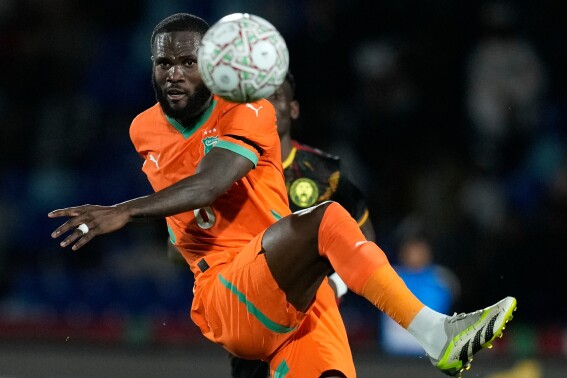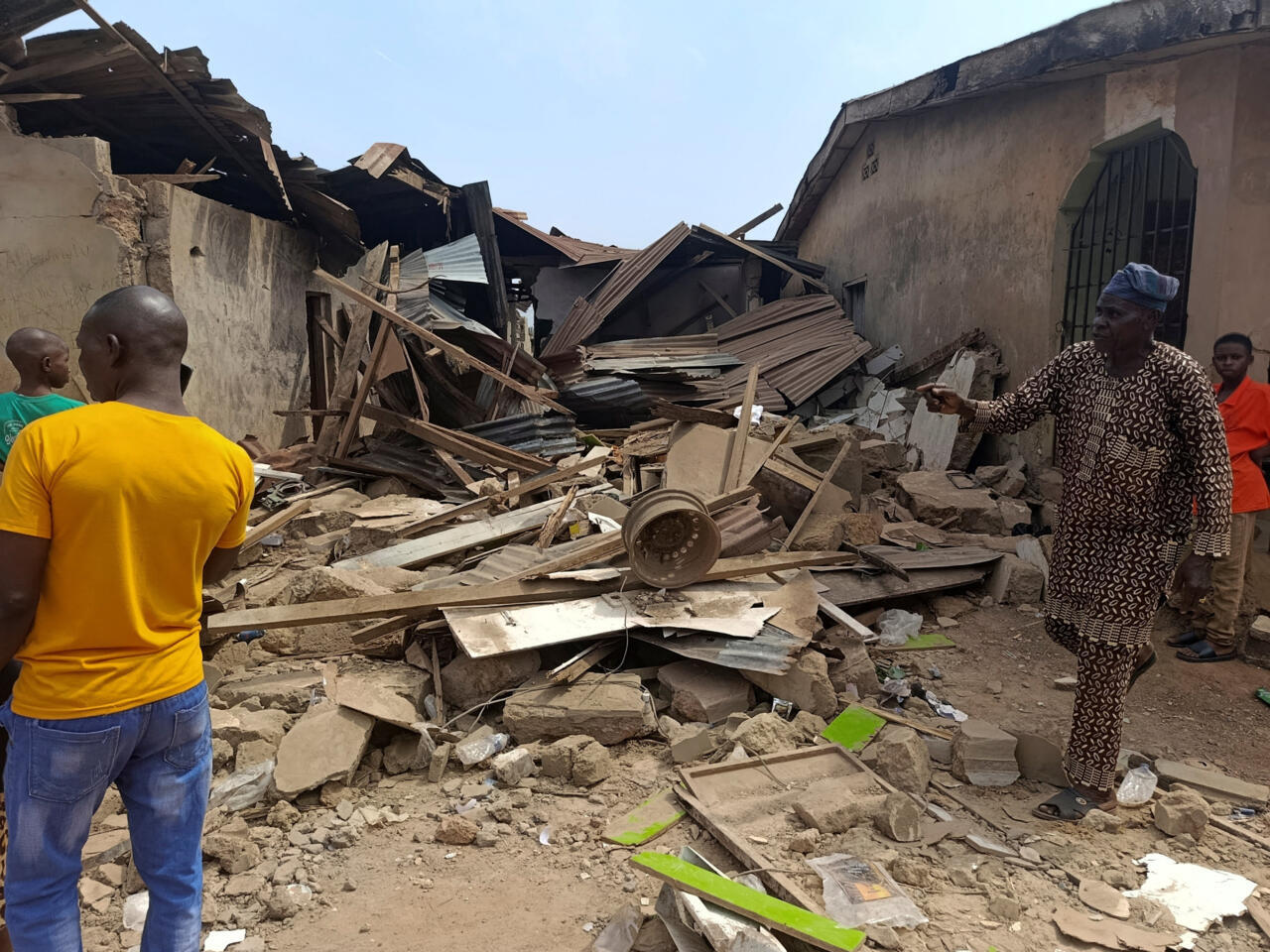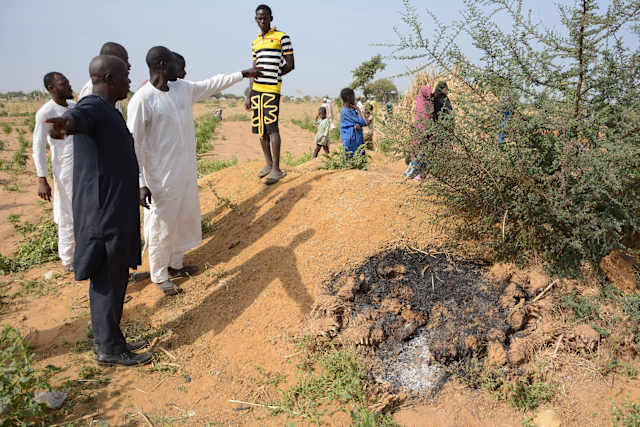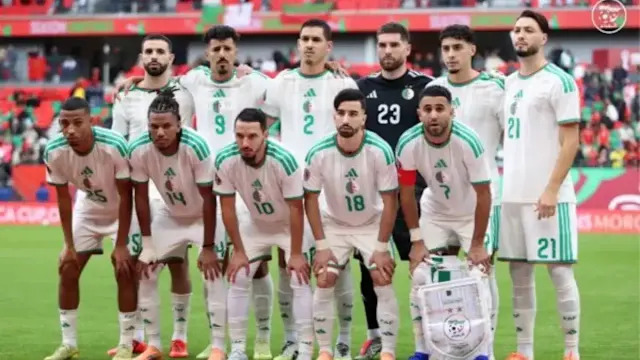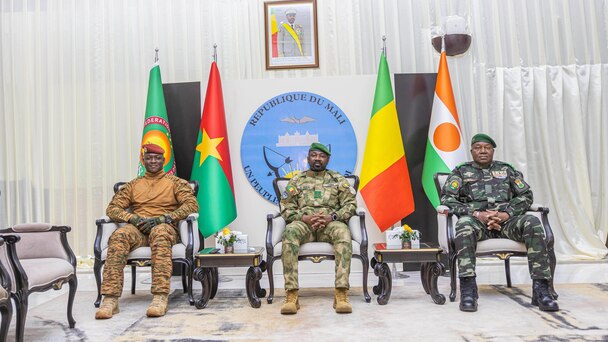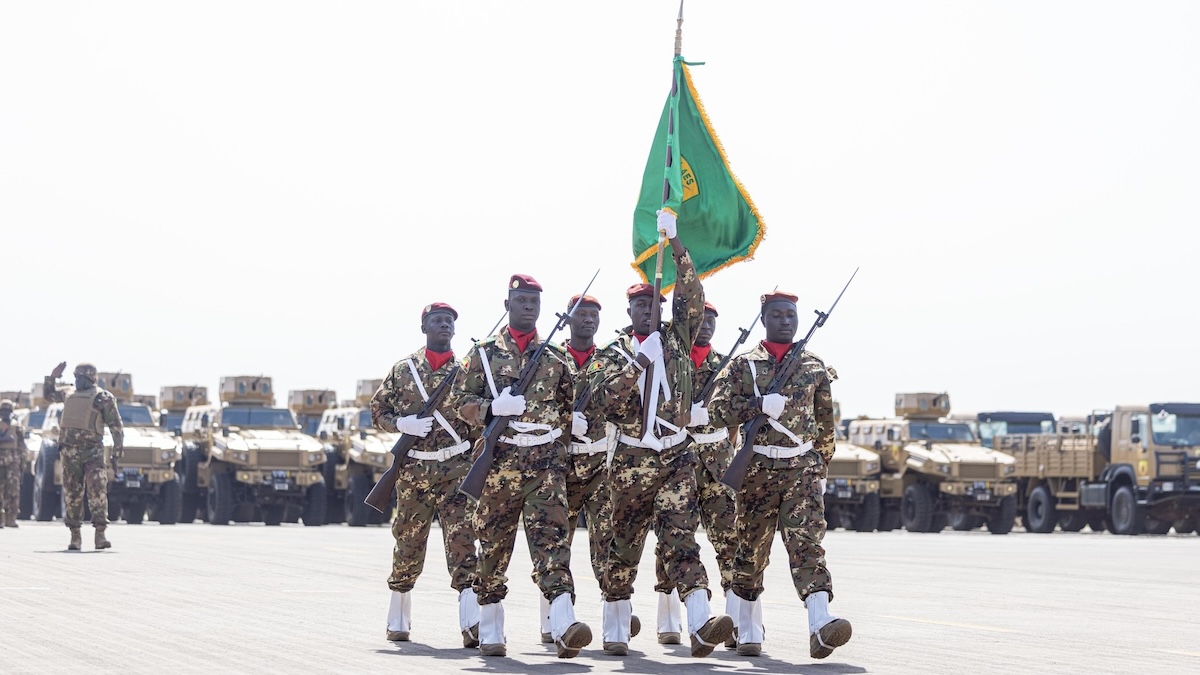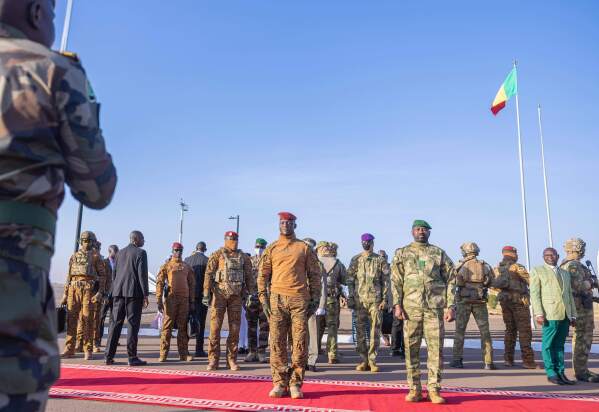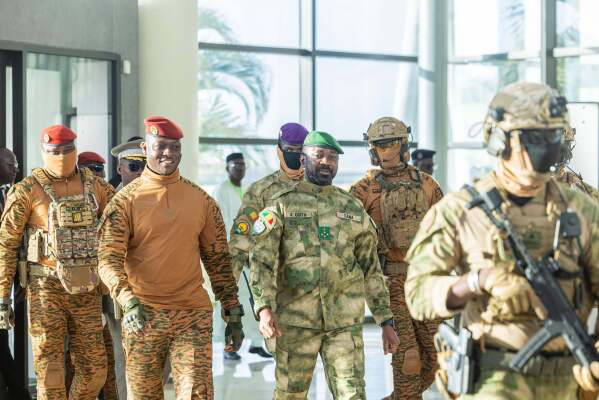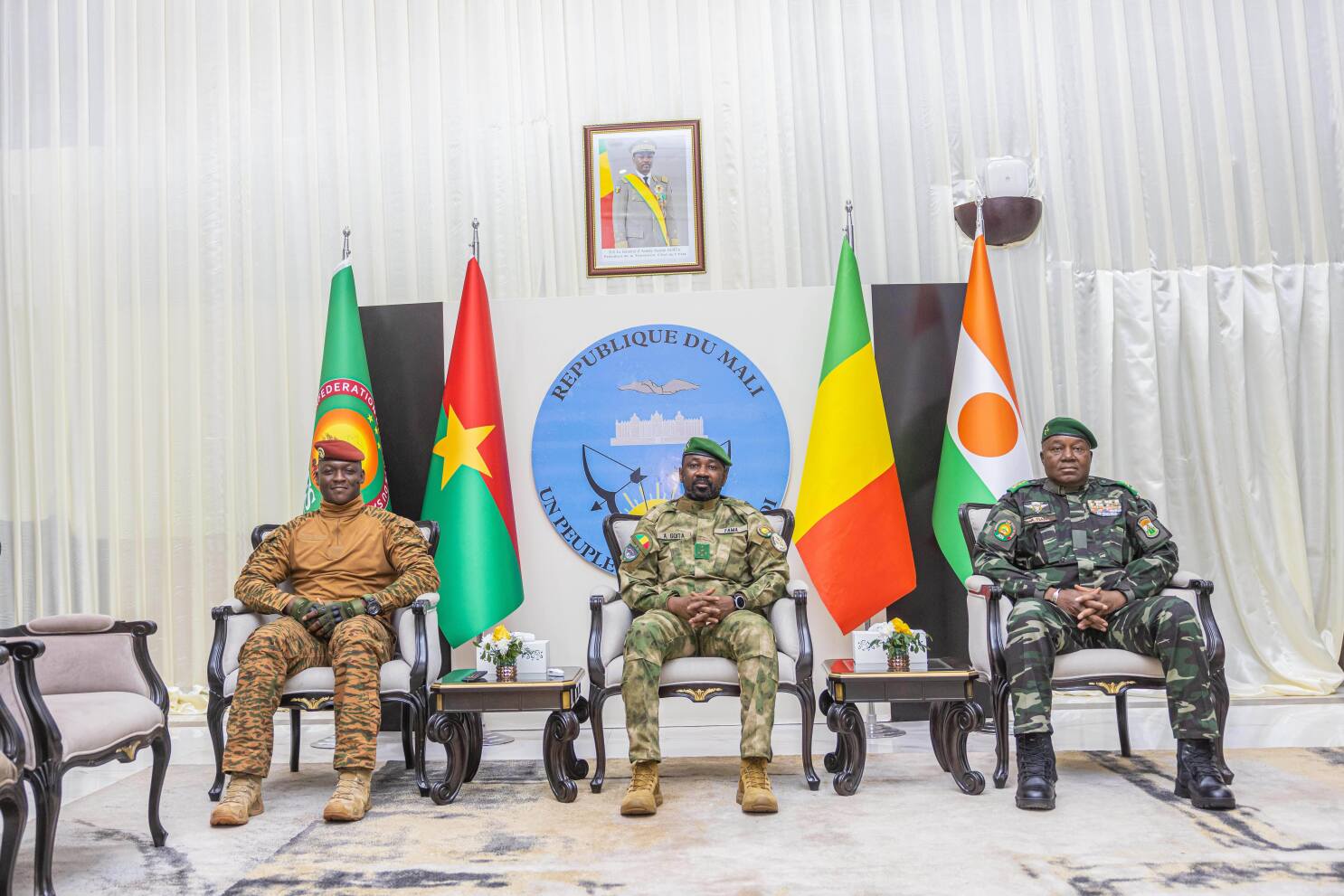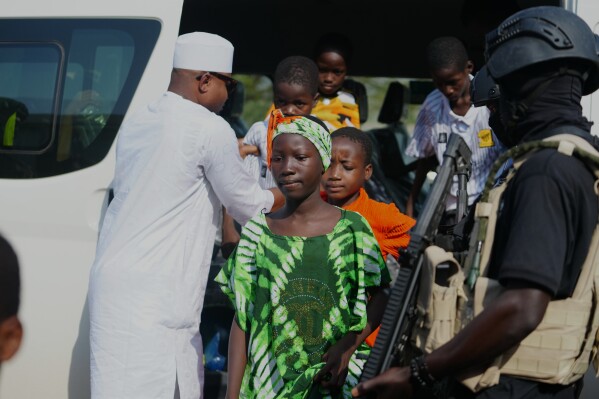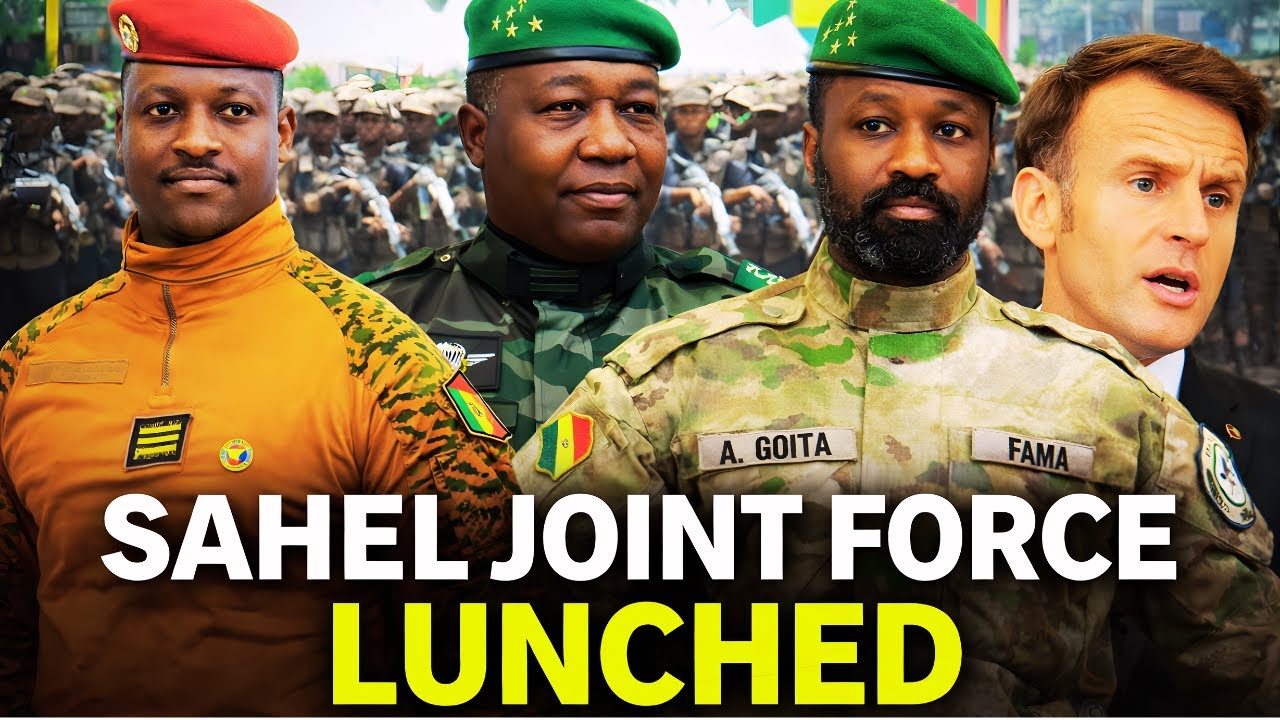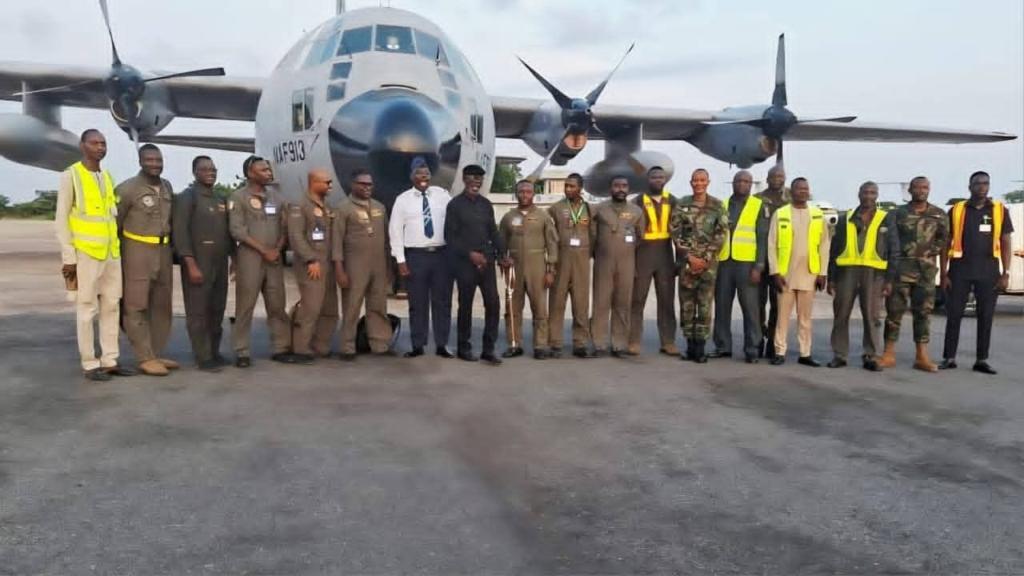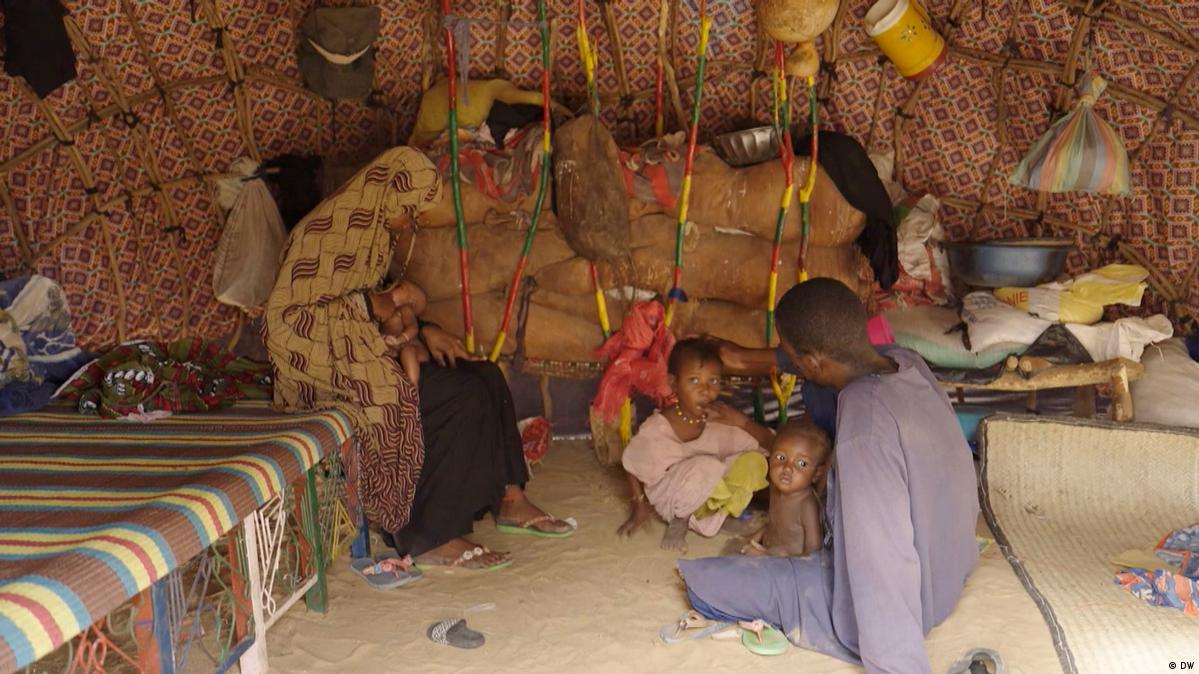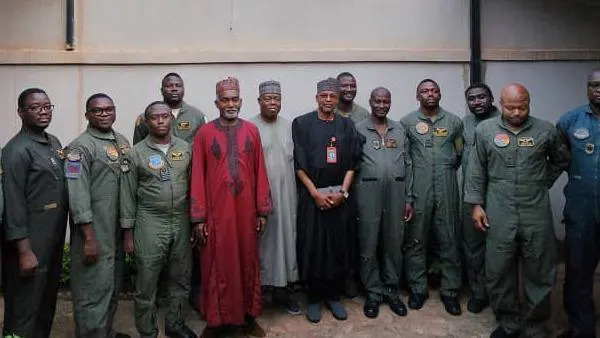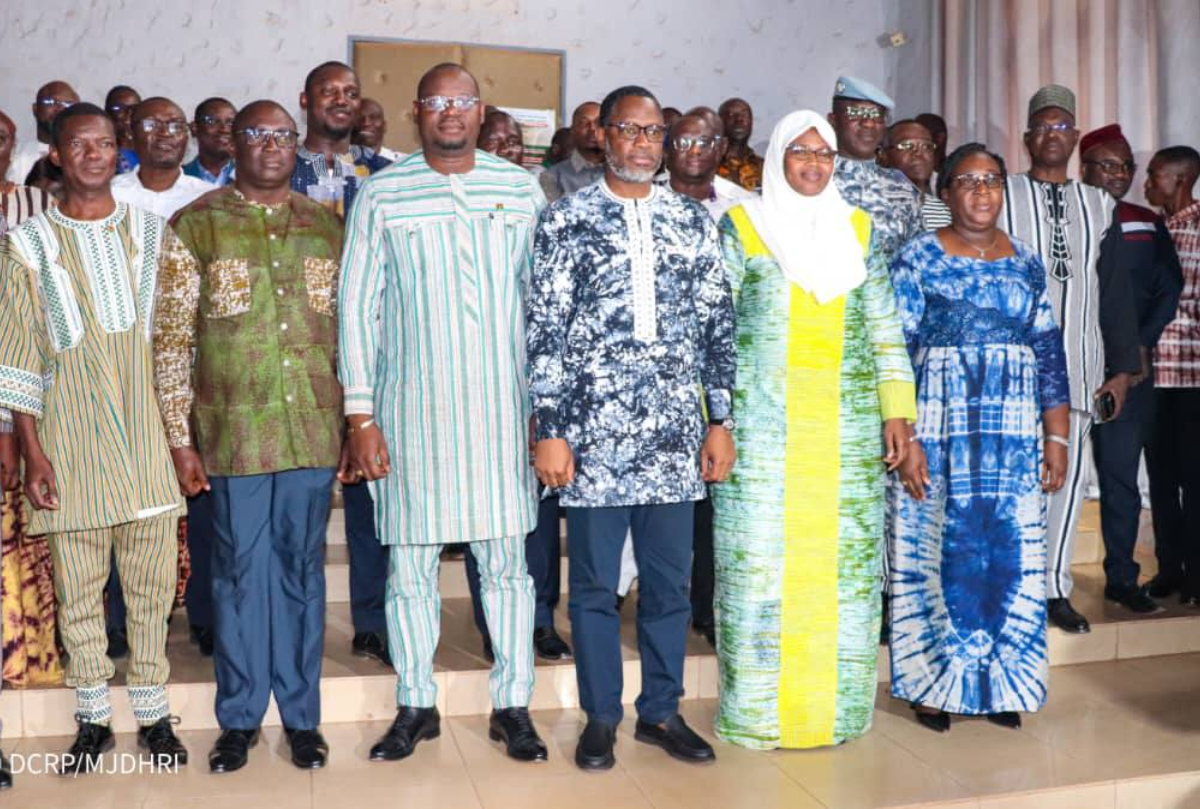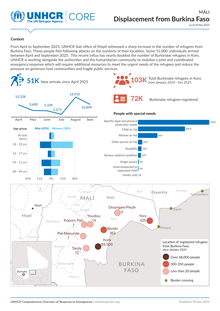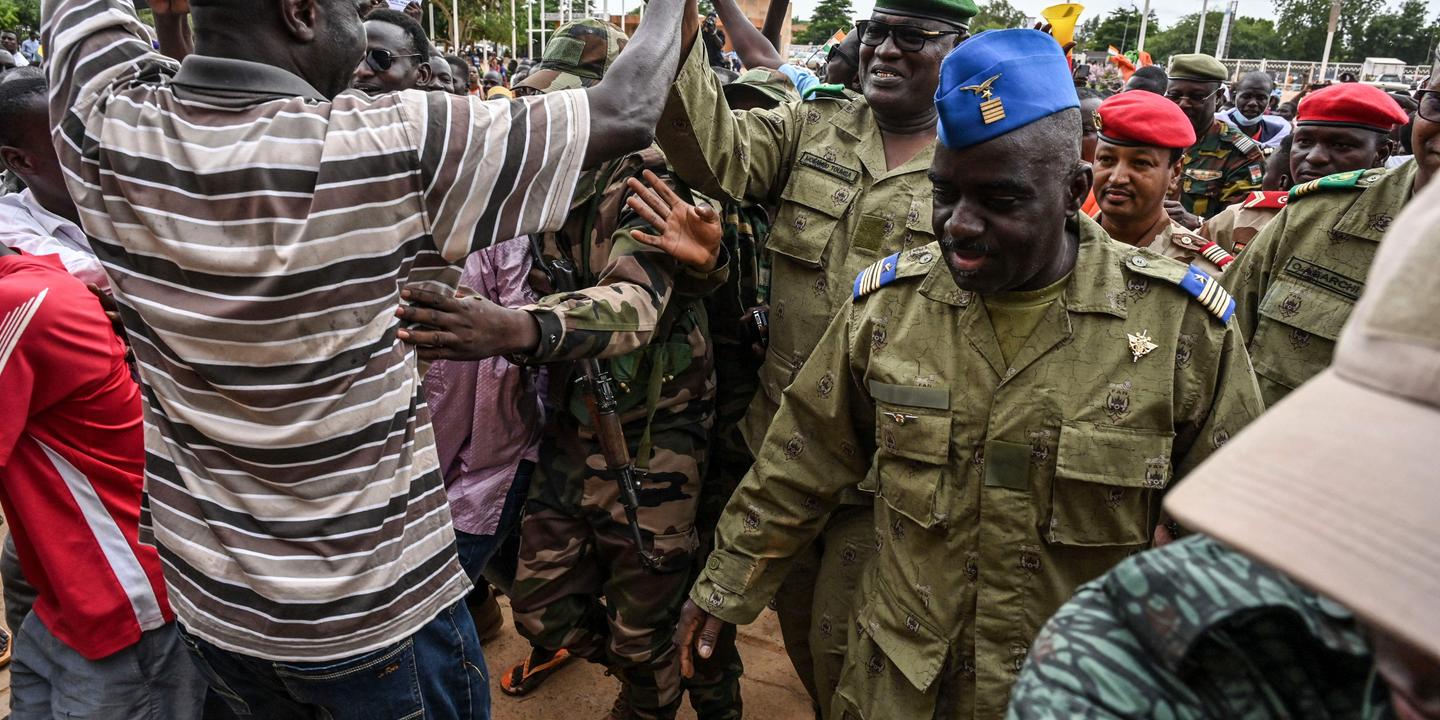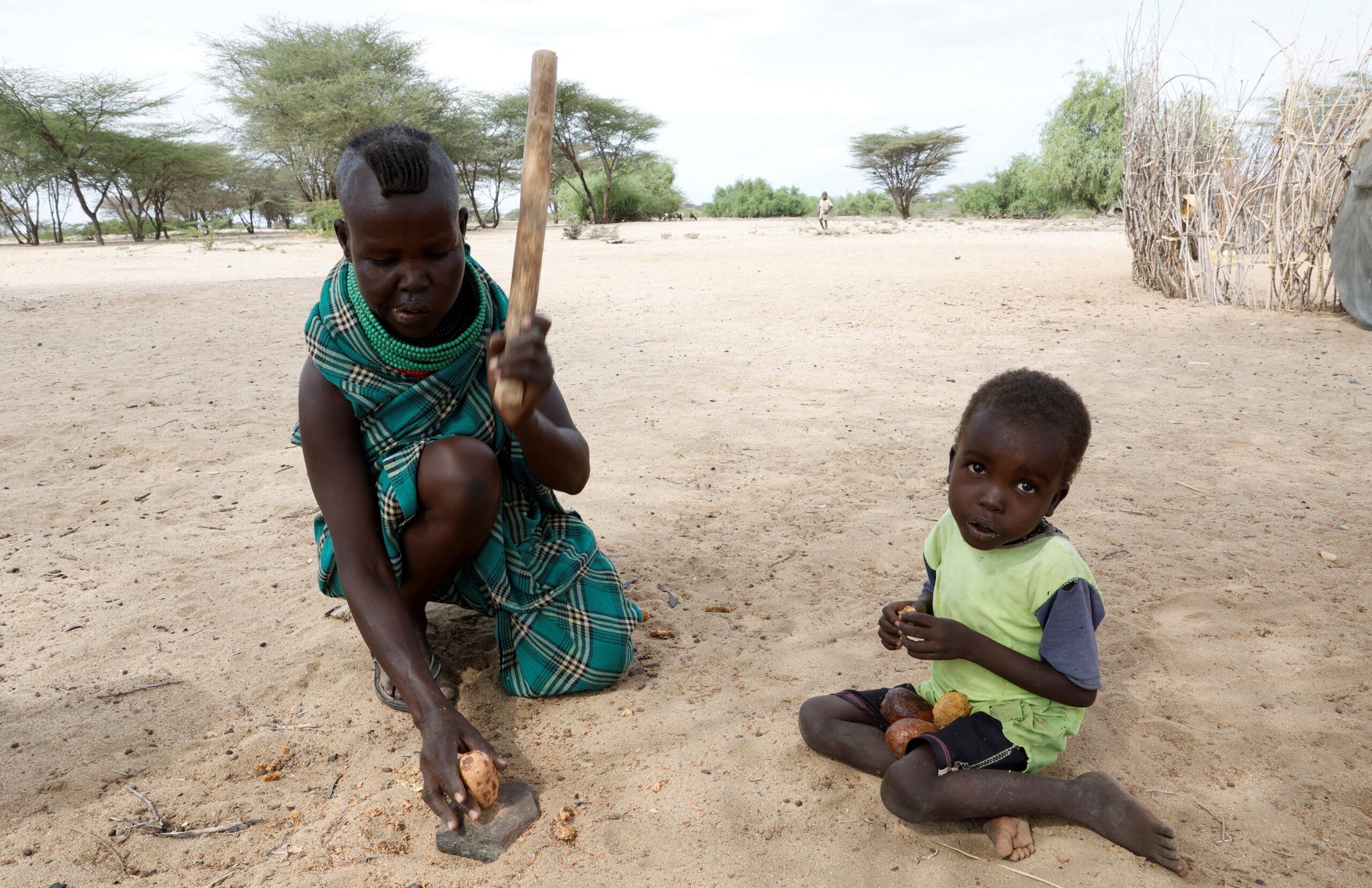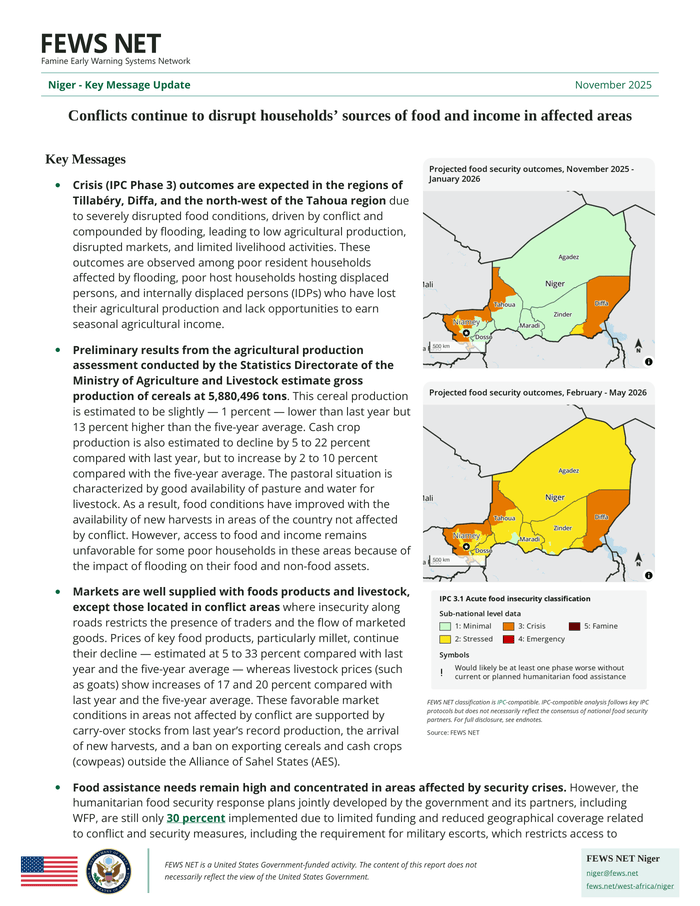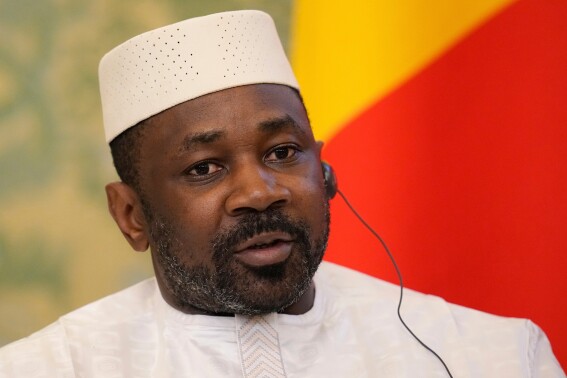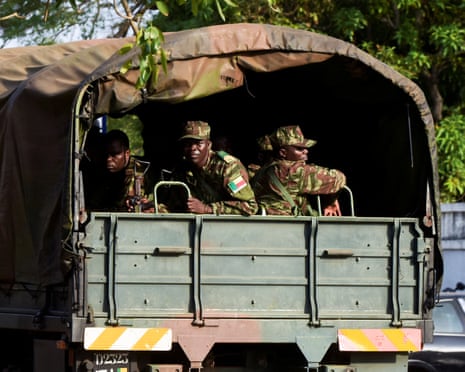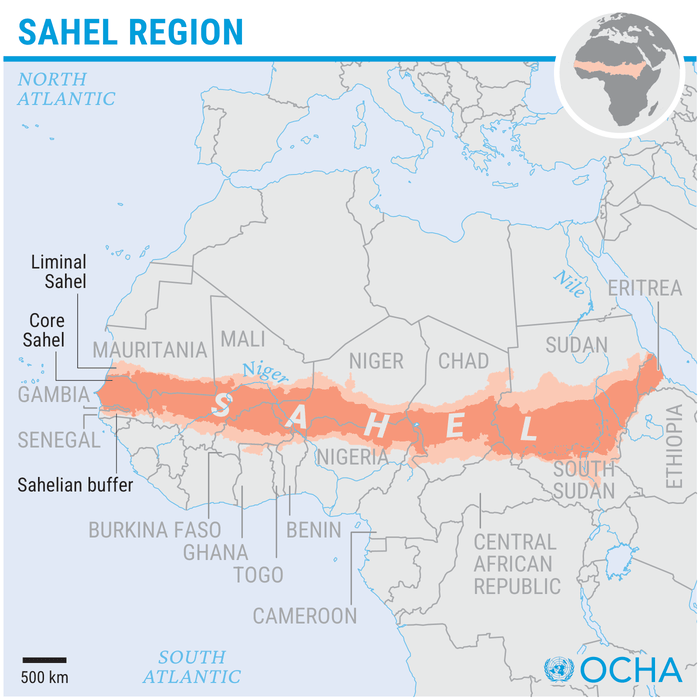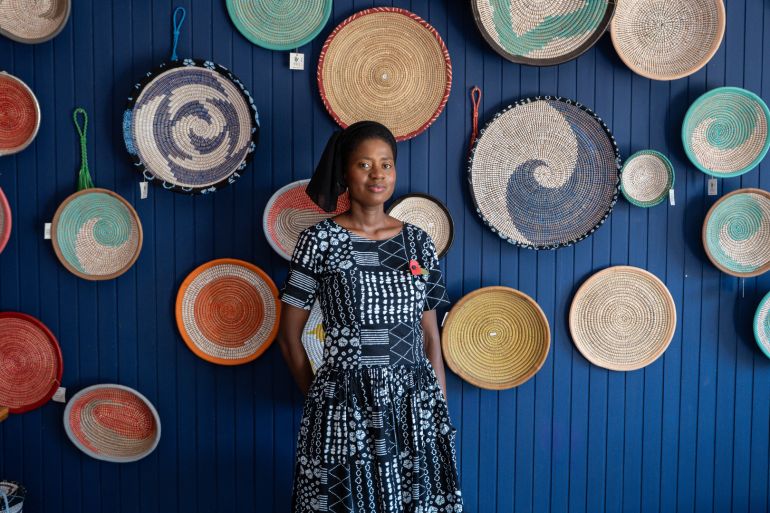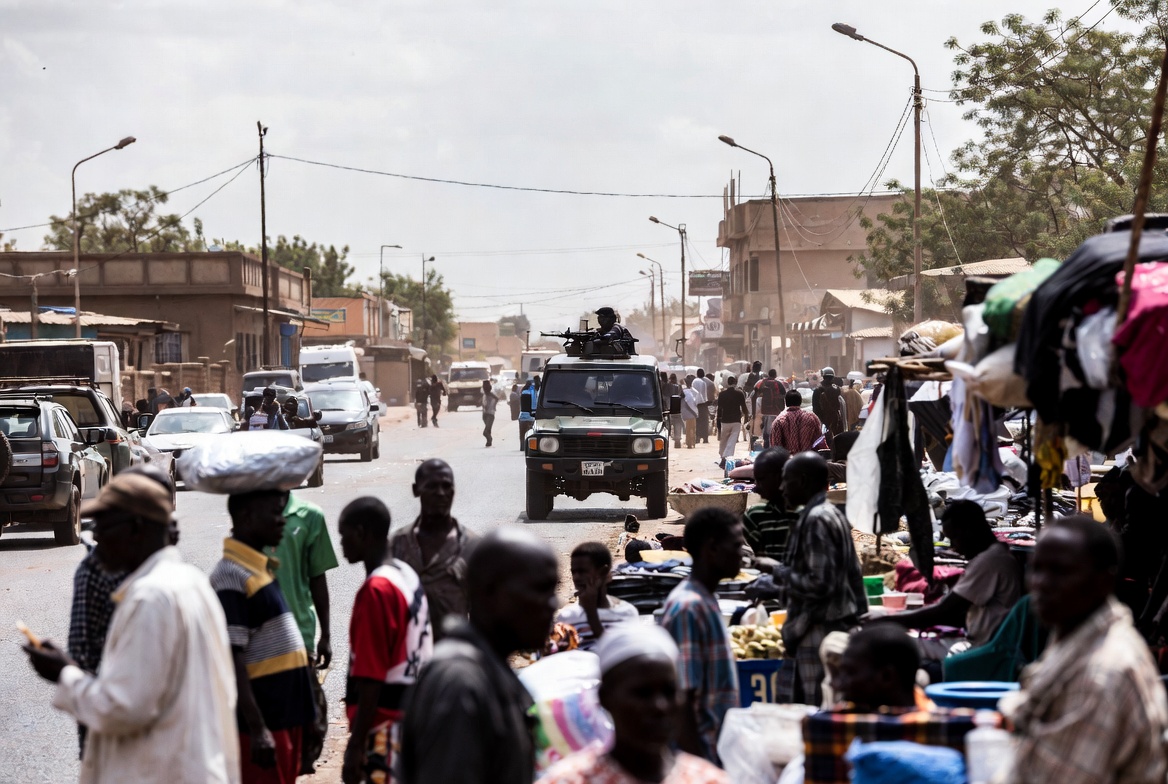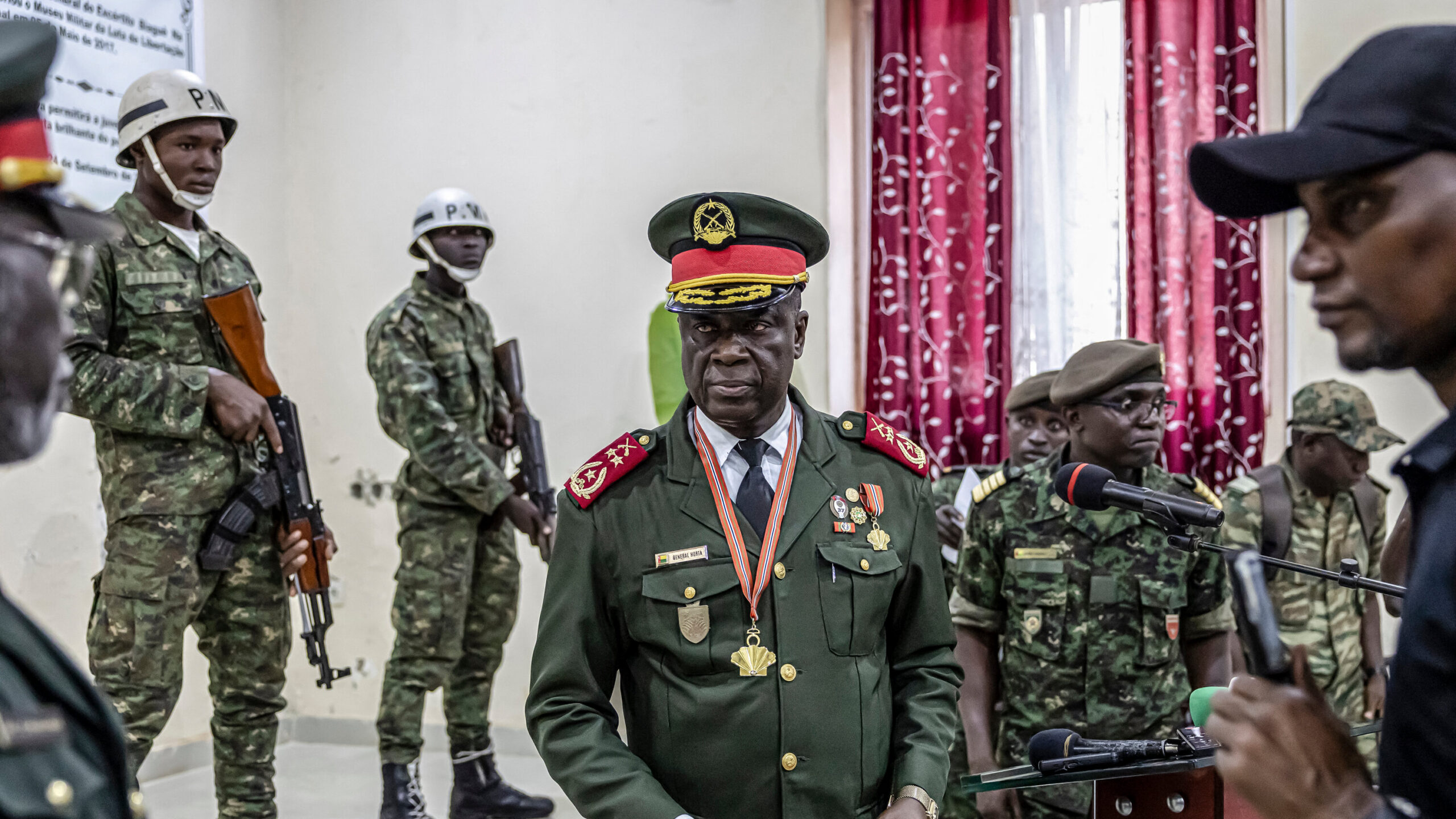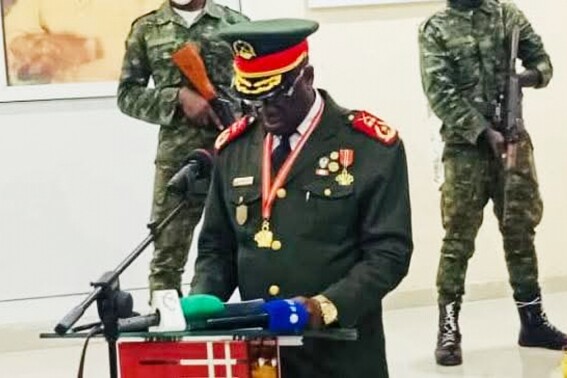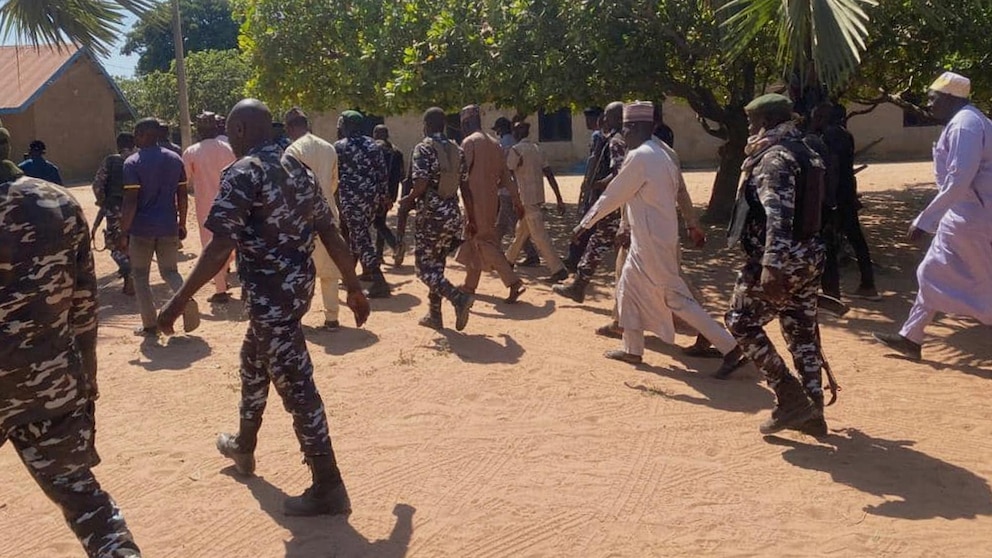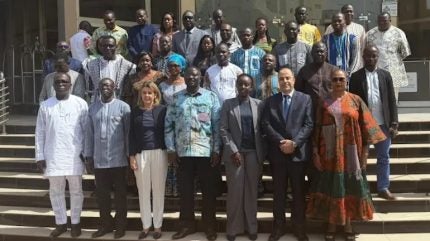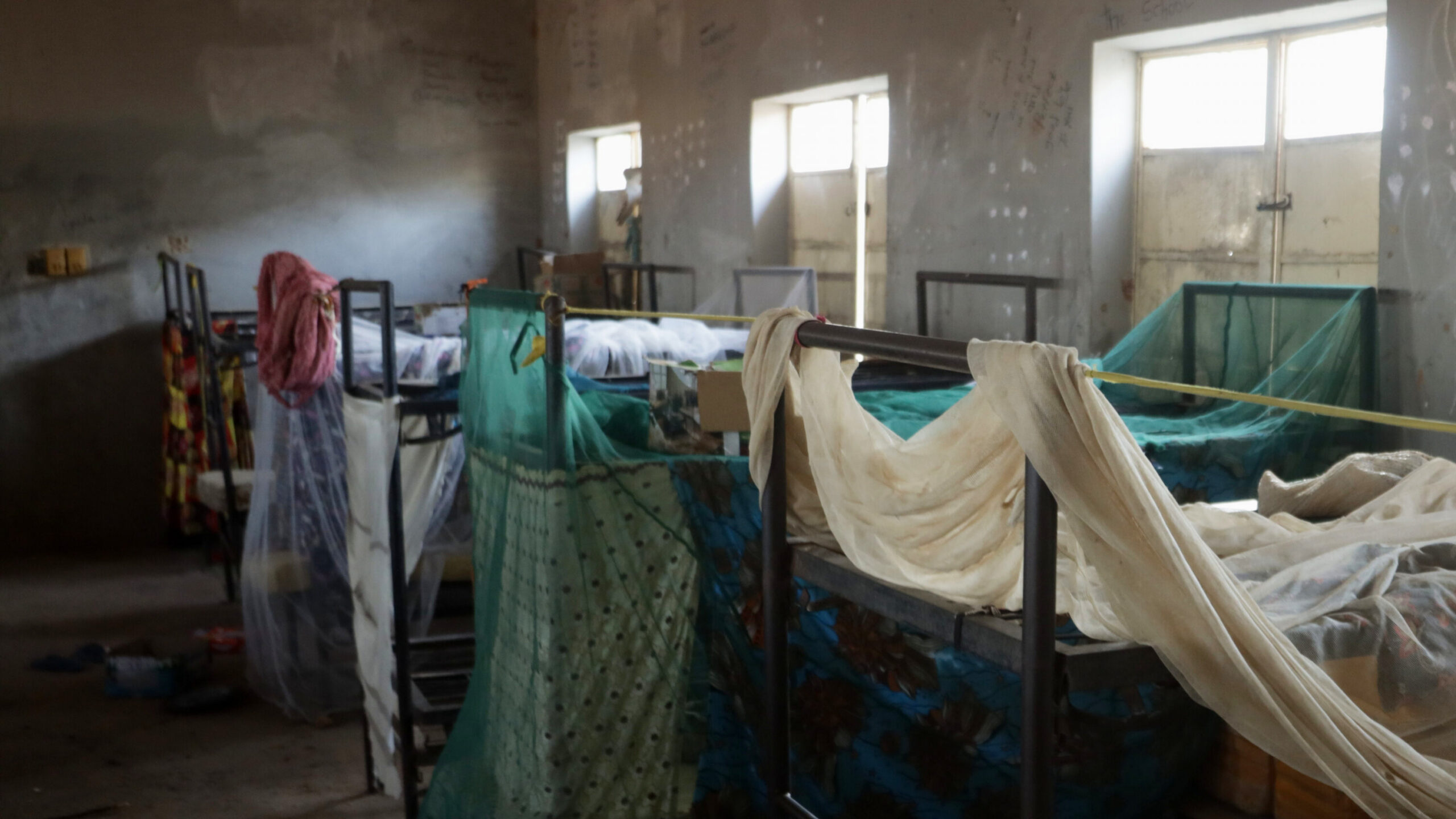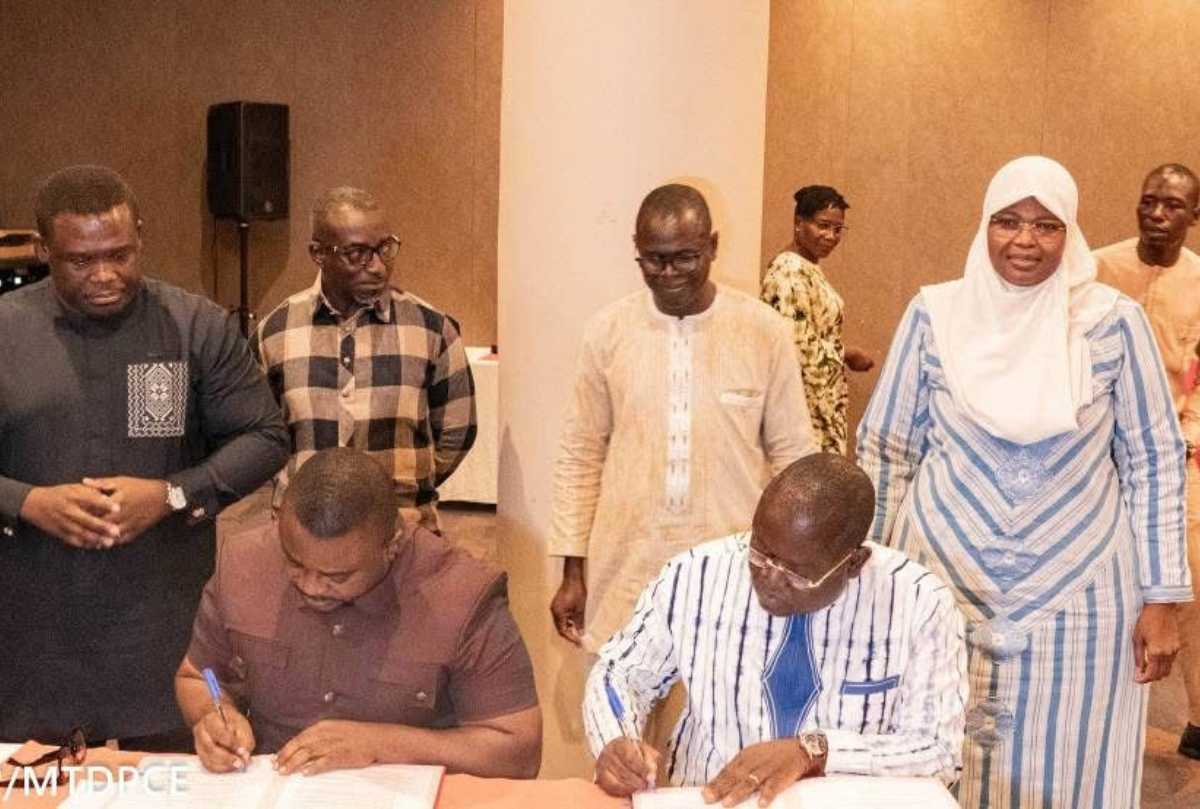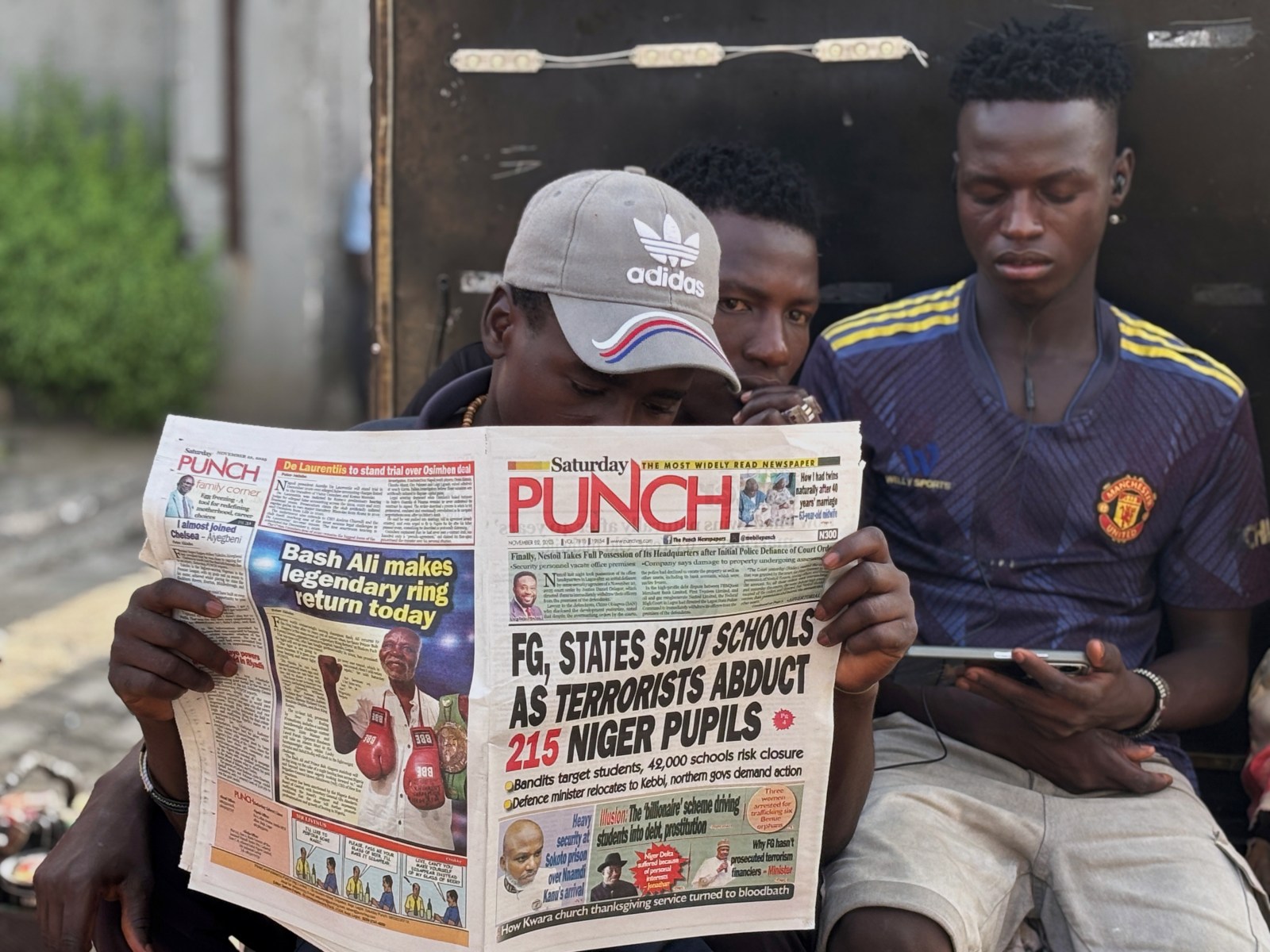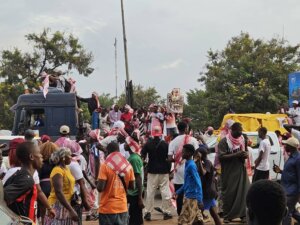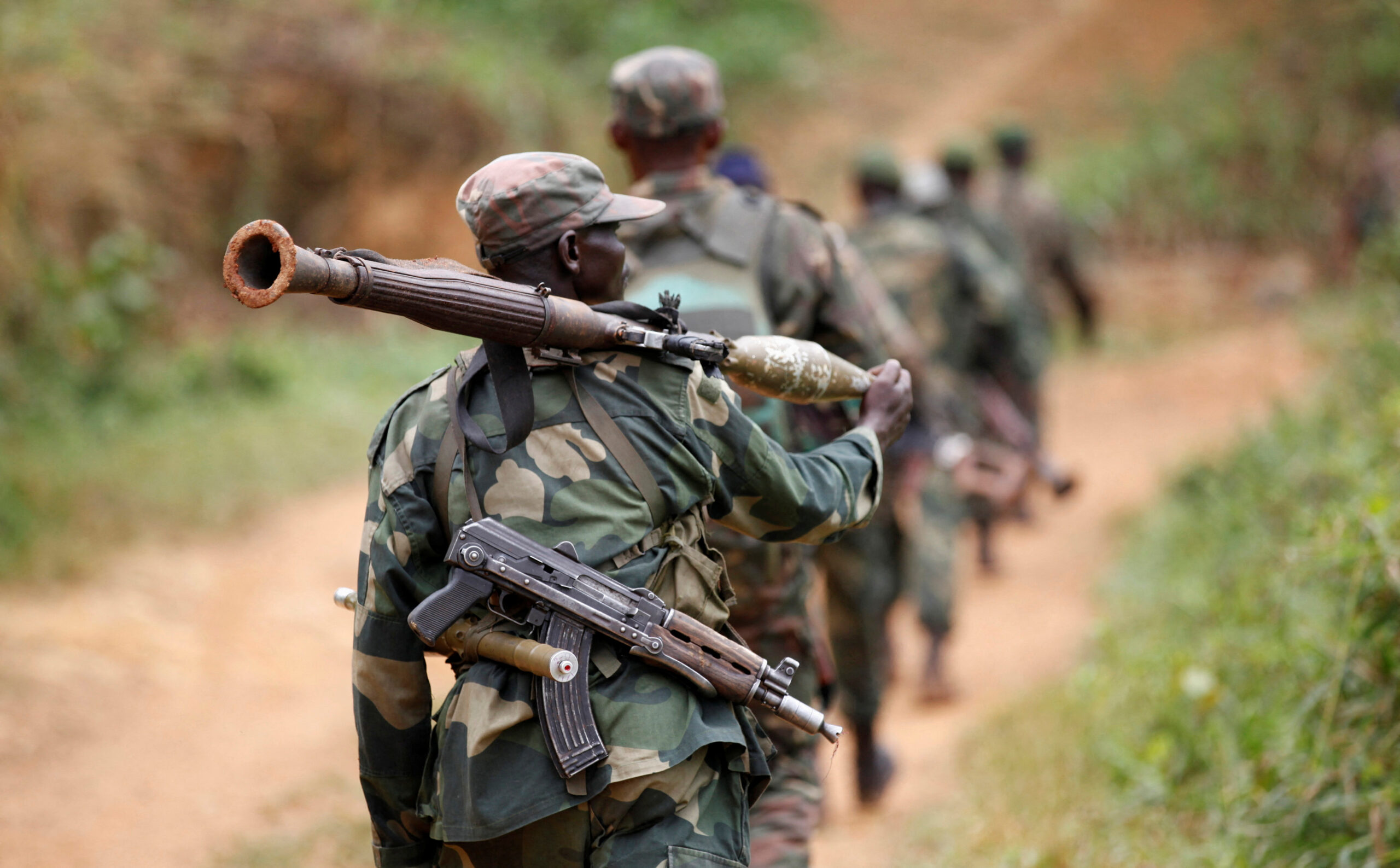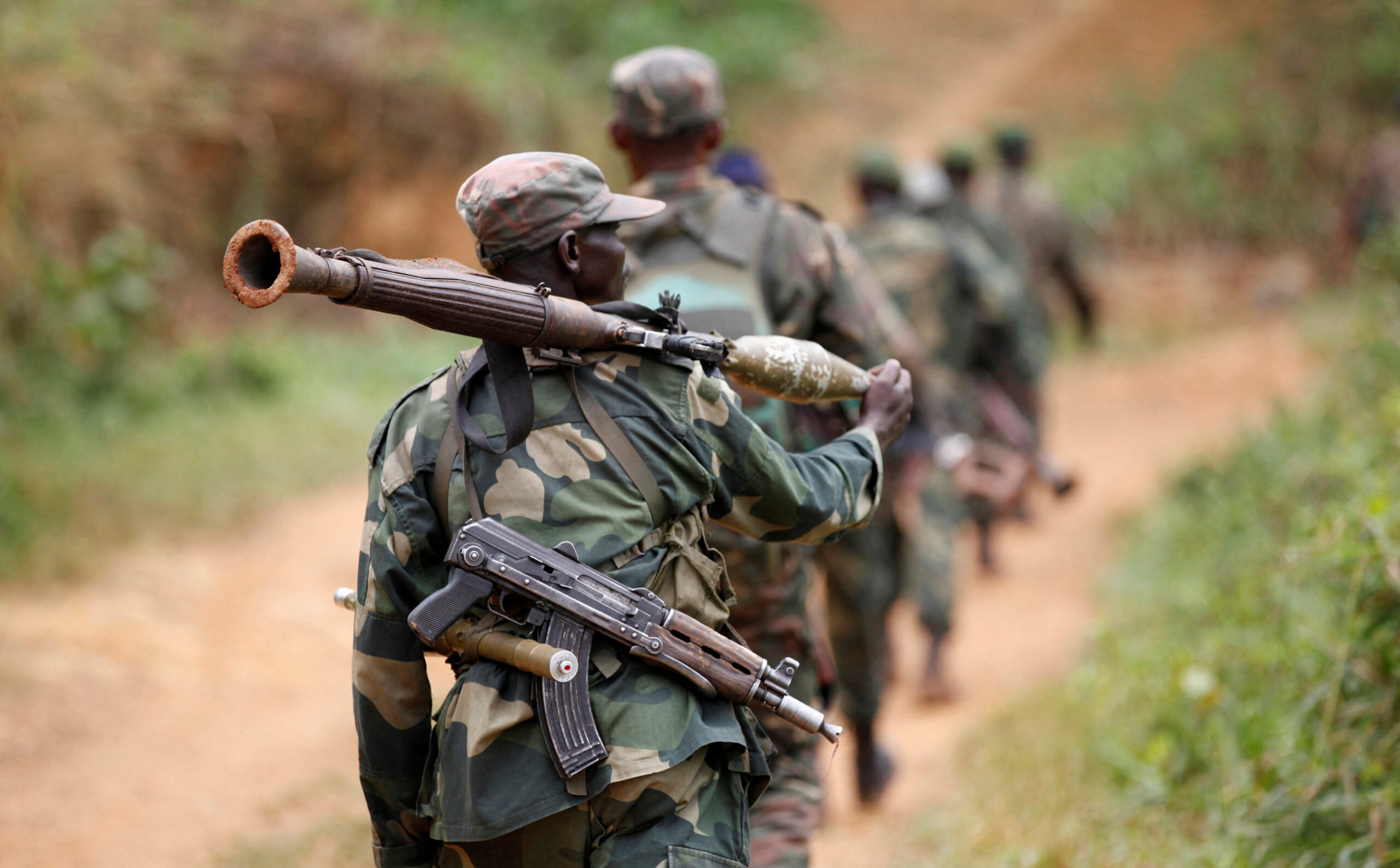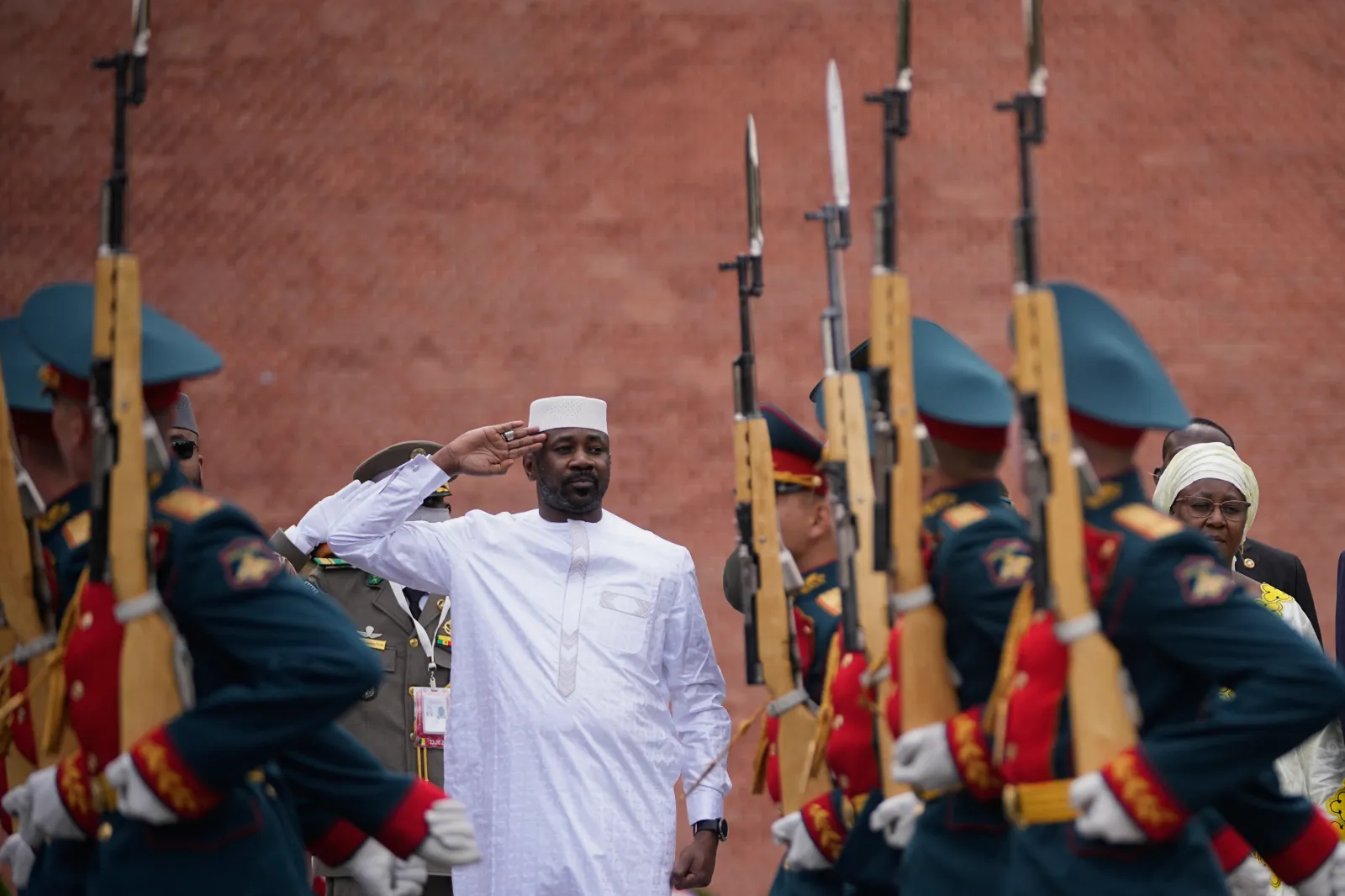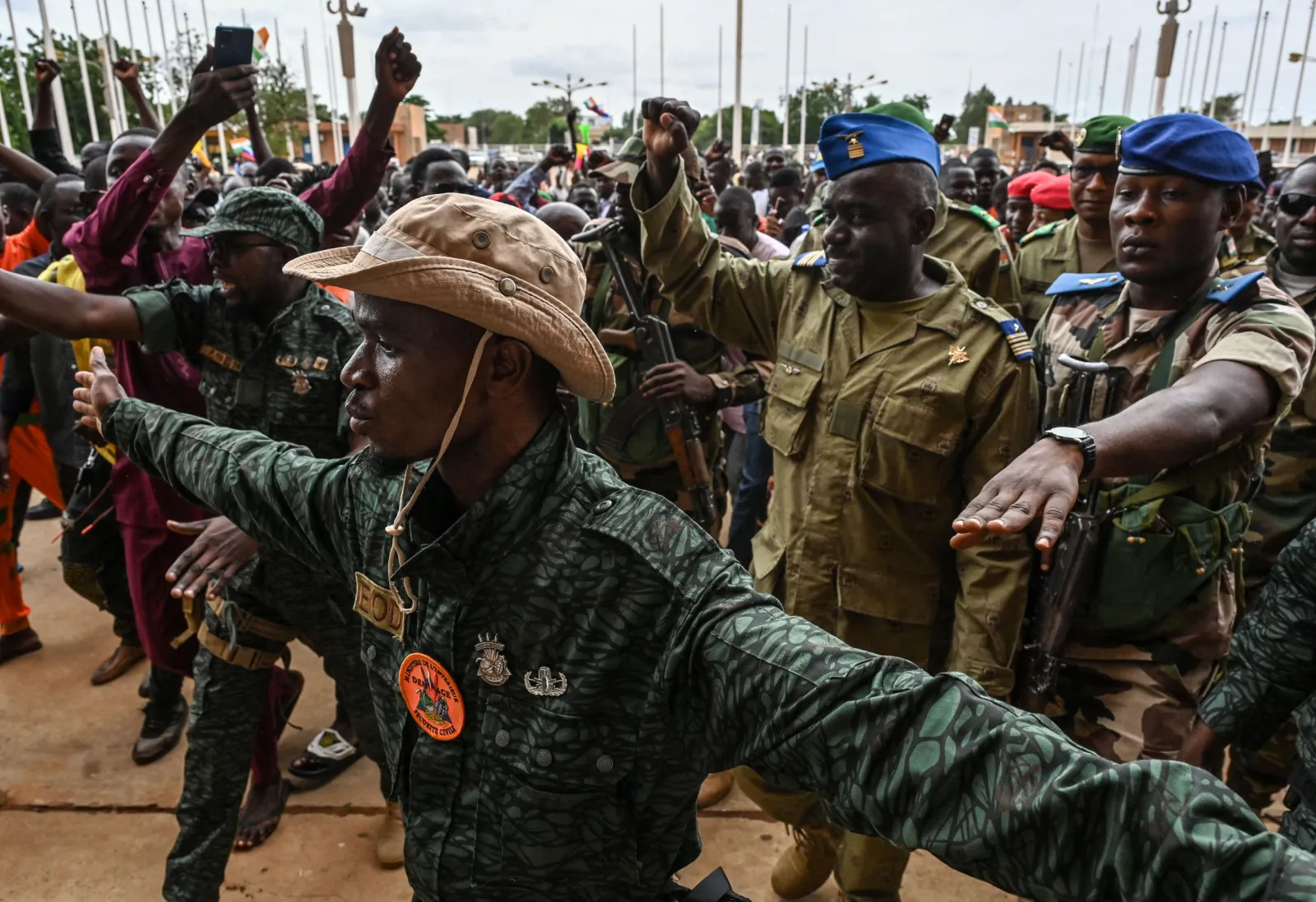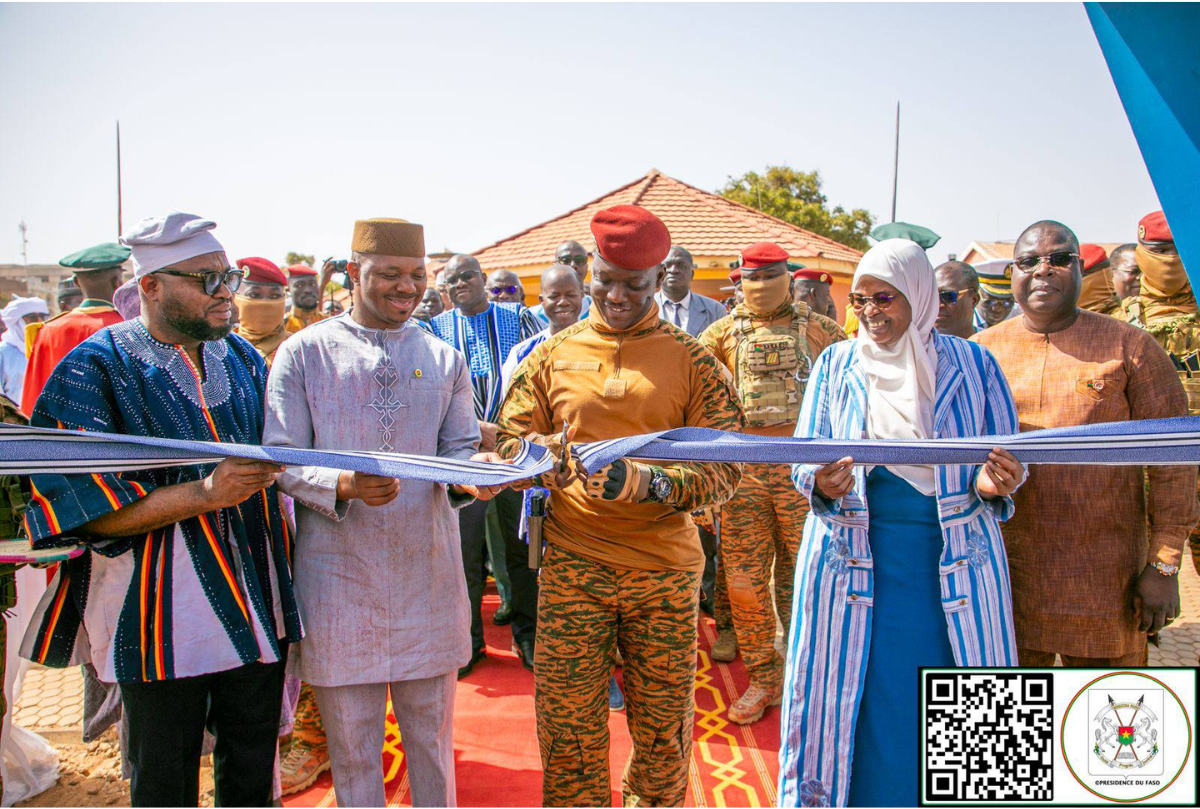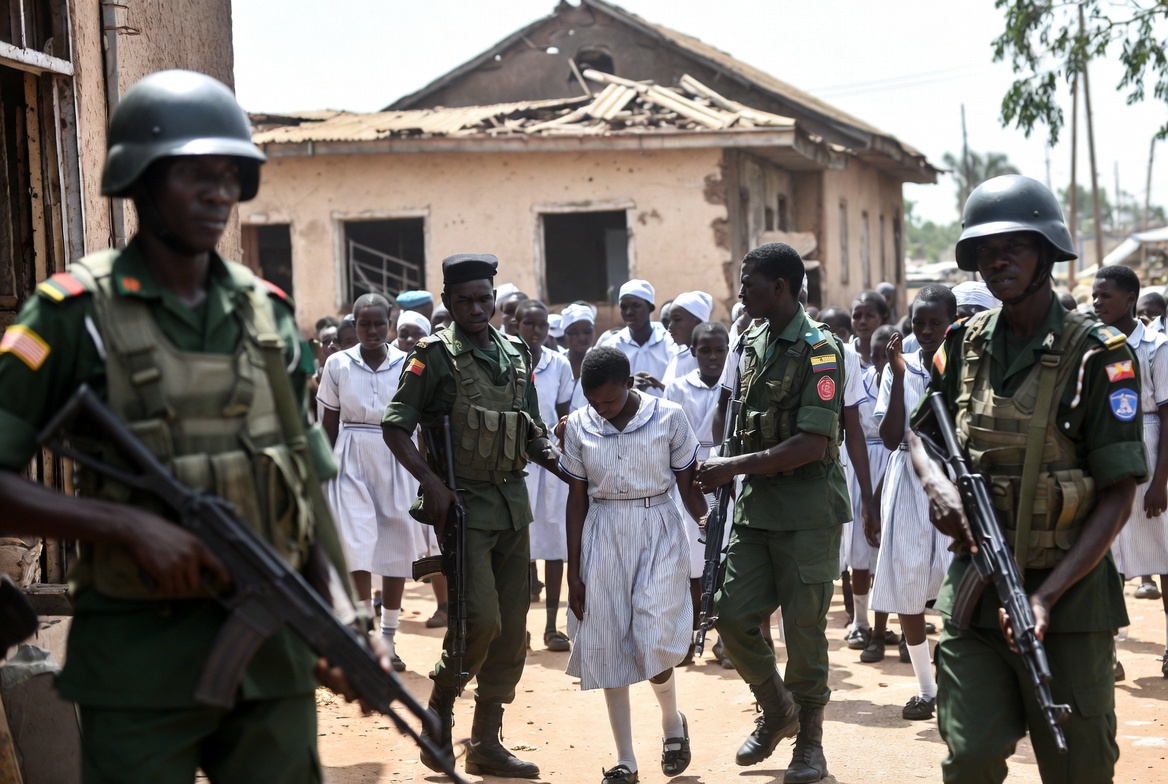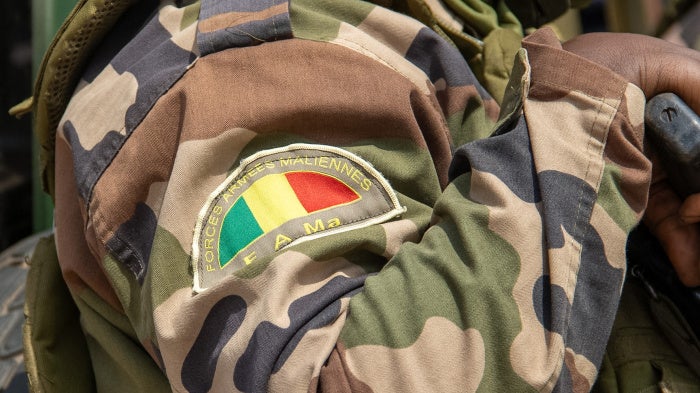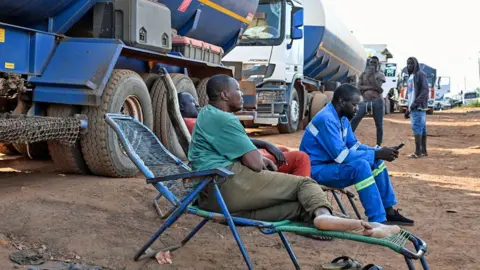
West Africa’s Fighting Spirit: Regional Unity and Resilience Amid Turmoil in the Sahel
West Africa’s facing a particularly tough period. We’re seeing a turbulent mix of political coups, persistent militant groups, and significant international shifts that make navigating the region’s future complex. Yet, West Africa isn’t just succumbing to these challenges; it’s actively pushing for stability and asserting its will. From the heart of Mali’s severe jihadist problem to the dynamic power shifts in Niger and Burkina Faso, new alliances and bold initiatives are taking shape, profoundly impacting communities and intriguing observers well beyond the Sahel’s sandy borders.
Mali, for instance, remains a critical focal point in the ongoing fight against jihadist groups whose blockade efforts have drawn urgent calls for global attention. Their actions are so serious, in fact, that the African Union recently emphasized the need for coordinated international action to halt the spread of extremist violence. This isn’t just a regional issue; it threatens wider security and strains local populations and governments alike. In a significant and strategic move to strengthen regional defense, Mali has joined forces with Niger and Burkina Faso, collectively announcing the formation of a joint anti-jihadist military force. Their shared goal is clear: restore order and curb extremist influence within their borders, showing a united front against a common enemy.
These tripartite coalition partners, operating under military-led administrations largely installed via coups in recent years, also made headlines by declaring their collective withdrawal from the International Criminal Court. This decision signals a clear desire for greater sovereignty and control over domestic and regional justice matters, reflecting a broader skepticism towards international institutions often perceived as intrusive or biased. The military-driven governments argue this step is necessary to protect their citizens and maintain order amidst the volatile climate of insurgency and political transformation. While these military fronts rally, we’re seeing notable success in Nigeria’s own fight against terrorism. The Nigerian Army has dismantled key terrorist strongholds and successfully rescued kidnapped students in a series of strategic operations. These victories aren’t just local wins; they represent crucial progress in a country grappling with violent insurgent factions and serve as a beacon of hope for the broader fight against extremism across West Africa. Nigeria’s efforts truly emphasize the multifaceted struggle facing the region: combating violent extremism, rescuing vulnerable populations, and safeguarding national sovereignty. Meanwhile, the profound upheavals from coups across the Sahel have thrust faith leaders into new prominence. They’re emerging as critical pillars of stability. Following Niger’s 2023 coup that ousted President Mohamed Bazoum, the resulting political void threatened to destabilize the entire West African bloc, ECOWAS. In this uncertain environment, religious figures have emerged as mediators and community anchors, providing a crucial element of social cohesion. Their role highlights a vital non-military avenue for peacebuilding, one that underscores tradition, dialogue, and reconciliation in an atmosphere heavy with suspicion and conflict.
Amid these internal dynamics, external influence remains a contentious issue, sparking serious debate. A sharp warning directed at Nigeria by regional voices, for example, cautions against permitting the United States military to use Nigerian territory as a launchpad for strikes against Sahel nations. This reflects a deep apprehension toward foreign military interventions, which many fear could exacerbate tensions or infringe upon national autonomy. Such sentiments suggest that while international support is welcome in principle, it must be carefully balanced with respect for sovereignty and regional self-determination. This intricate landscape reveals a West Africa truly at a crossroads. On one side, militant threats and political upheavals complicate governance and disrupt everyday life. On the other, emergent regional military alliances, determined faith-based peace efforts, and internal triumphs against terrorism offer hopeful signs. These developments show a region not merely succumbing to chaos, but actively forging pathways to security and renewal through cooperation and thoughtful resilience. Looking forward, the success of West Africa’s struggle will depend on sustaining these collaborative mechanisms and thoughtfully balancing military, diplomatic, and grassroots efforts. Keeping the momentum of anti-jihadist initiatives, truly respecting the voices of community leaders, and cautiously managing foreign partnerships will be absolutely key. The resilience witnessed today may well become the foundation for a more stable and prosperous Sahel, where shared challenges foster unity rather than division.

